The year 2022 has confirmed France's enthusiasm for padel. This is the case for the number of licensed players (25 last September) and for the number of unlicensed players, which could reach 000, according to the most generous estimates. The number of fields exceeds 500 tracks of padel referenced FFT, while the site Padelonomics lists 1464, including 259 created in 2022.
Despite these good figures, France is not the European country where the padel is the most dynamic. Not to mention the Spanish cradle, where the number of practitioners flirts with 4 million, countries such as Italy, Belgium and Sweden are seeing an unprecedented boom in practice in the sports field. The infrastructures are more numerous there than in France, as well as the number of players, compared to the population of each country.
In addition, in these countries it is generally easier to take courses in padel and this for many reasons. One of them is that it takes big clubs to dedicate at least one track to teaching. “Today in France, there are only a hundred clubs which have four pitches or more and therefore the possibility of welcoming a teacher of padel full time", observes Romain Taupin, the creator of Padelonomics, himself a coach of padel formed in Spain.
A paradoxical situation
The state of education in padel in France is paradoxical to say the least. On the one hand, we have thousands of tennis instructors holding a State Certificate or a State Diploma for Youth, Popular Education and Sport (DEJEPS) mention tennis. These have the right to teach the padel and the possibility of passing in one week and 40 hours of training a Federal diploma of monitor of padel (DFMP).
However, few are the tennis instructors who bet on the padel : the majority are too busy with their tennis lessons, some are not motivated by the padel or find that few clubs have enough to support them through this teaching. Another obstacle: the big clubs in France are private for-profit companies, while tennis teachers most often work in associative clubs, sometimes as employees.
To these observations, Romain Taupin adds another, concerning the new TFP (Professional title), a diploma 100% padel, which involves 240 hours of training (costing €4500) spread over 4 to 6 months: “Those who pass the TFP padel swell the ranks of those who apply to work in the hundreds of clubs big enough to have a teacher. However, in the dozen or so French leagues (out of 18) where this TPF exists, more teachers are trained each year than the number of large clubs created in one year. This therefore leads to a surplus of teachers, which can only increase in the coming years, because the growth of the padel in France is mostly done with small clubs.”
As we said, Romain Taupin was trained in Barcelona, in the academy of Pablo Ayma, the current coach of the French men's team. But his Spanish diploma does not authorize him to teach in France, for lack of equivalence. Too bad, because he would have the skills, as evidenced by Youtube channel tutorials. And in the many French leagues where the TFP is not yet offered, there is a shortage of teachers of padel.
You have to be overqualified to train beginners
We touch here on another paradox of education in France, where you have to be overqualified even to show the rudiments of padel to beginners.
Elsewhere in Europe, it is much easier to become a teacher of padel. In Italy, for example, there are three formations to teach the padel : level 1, level 2 and instructor (“maestro”), the latter being the most capped. In Belgium, no diploma is even necessary to proclaim oneself a teacher of padel and have the right to teach freely. But for those who wish, training is provided: the most basic, that of initiator, lasts only one week.
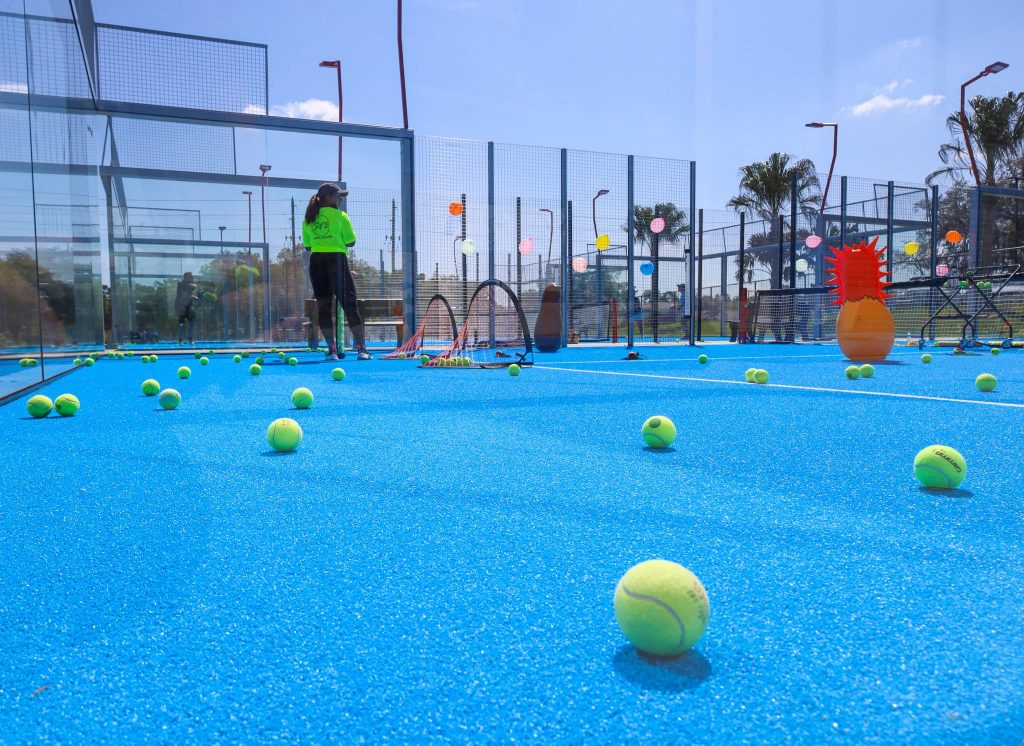
Analyzing the reasons for the success of padel in Belgium, Romain Taupin rightly quotes this training: “Thanks to a one-week training course open to all, you can become an initiator of padel ! That is to say that in one week they train enthusiasts who will give their all 100% to convert new players! […] I recommend taking the example of Spain or Belgium, where we offer much shorter training, over a week. The idea is to provide the basics of padel to initiators, in order to then be able to train beginners and amateurs. On the other hand, to teach at a high level, of course, you need in-depth training. We can very well imagine a training in two stages: level 1 coach then level 2 coach”.
The initiators, “evangelists” of the padel
But how to make work thousands of initiators whereas the clubs which can make live a teacher are so rare?
The main difference is that an initiator has another job and only gives a few hours of lessons per week. In small doses, this can also be done in small clubs, where such enthusiasts convert new ones and accelerate the boom of the padel.
Romain Taupin is convinced of this: “These buffs are sort of evangelists of the sport. They grow the padel quickly and increase demand: as a result, occupancy rates will be better and investors say to themselves that it is really interesting to invest. So growth is even faster: we thus end up in a virtuous circle, with a reduced risk for those who embark on it, whether teachers or investors.”
And Romain Taupin concludes:
“For me, to make a very heavy training for all teachers so that they become experts and teach at a high level, is to make a mistake in the content of the training. This is to forget that 95% of practitioners of padel do not dream of a high level at all: they simply dream of having fun after a day's work. They want to forget their daily life, get to know other people and do it with a good facilitator, who will correct two or three small faults without going into scale exercises that will frustrate the students. We are here in tune with the times: the search for immediate pleasure.”
Read also "The padel is it the pétanque of the 21ᵉ century?”
An opinion on the issue ? Feel free to comment on this article below!
After 40 years of tennis, Jérôme falls into the pot of padel in 2018. Since then, he thinks about it every morning while shaving… but never shaves pala in hand! Journalist in Alsace, he has no other ambition than to share his passion with you, whether you speak French, Italian, Spanish or English.

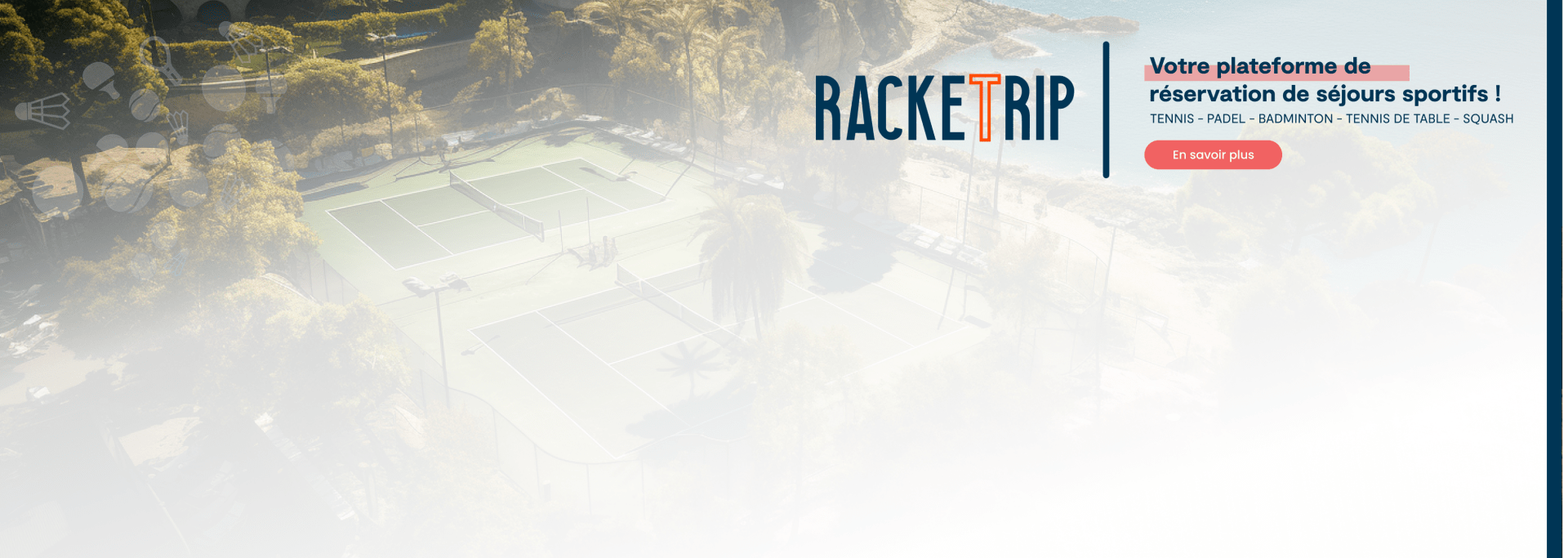


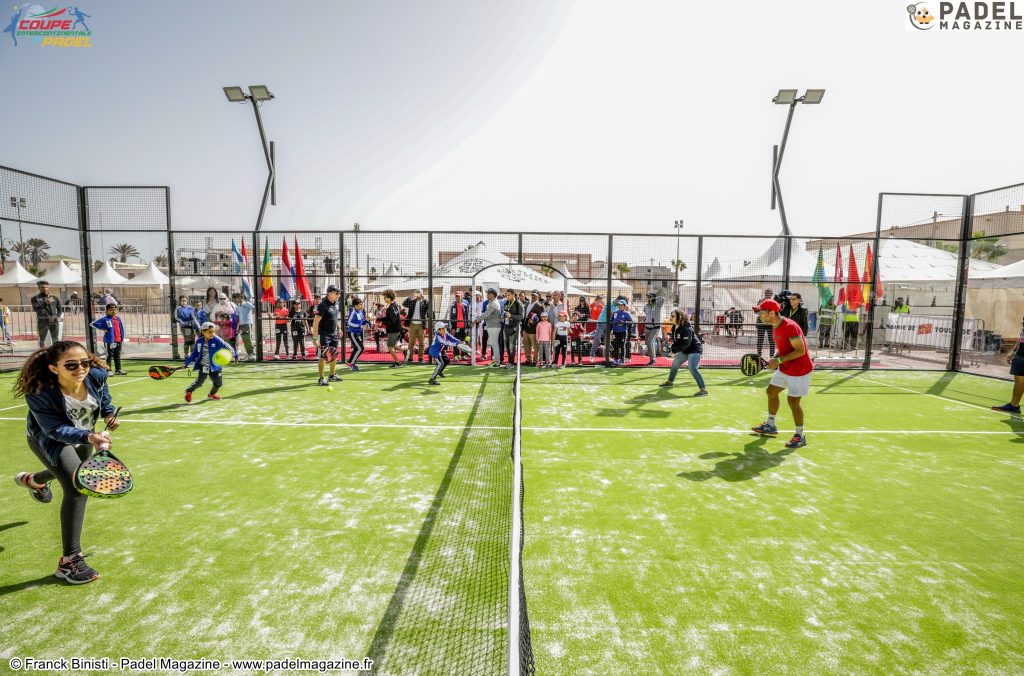


















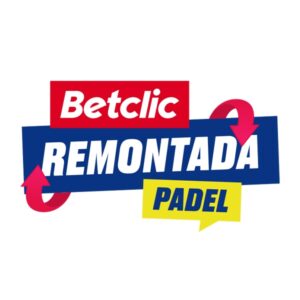






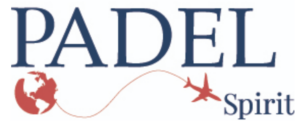
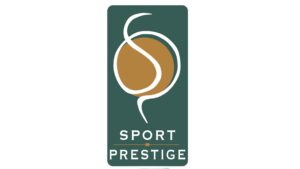
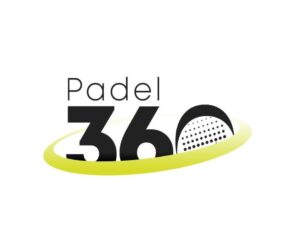
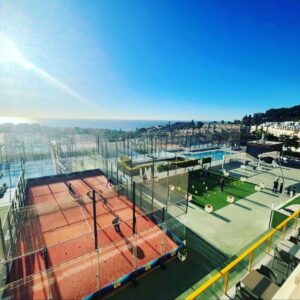
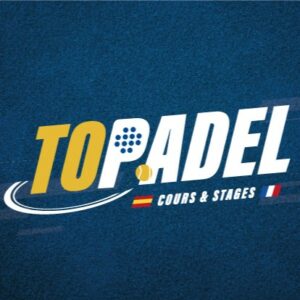



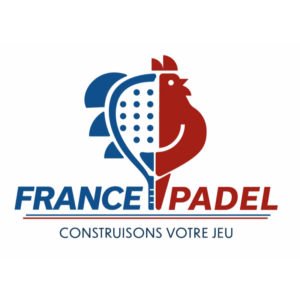
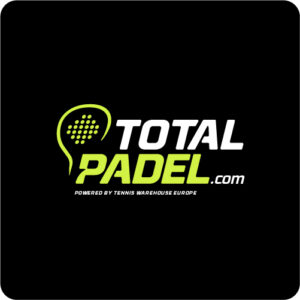
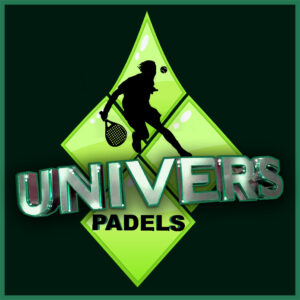
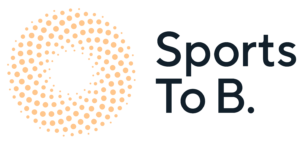

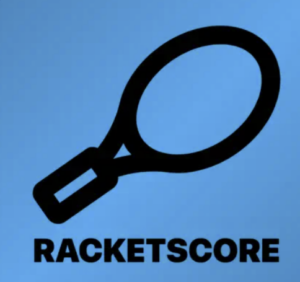
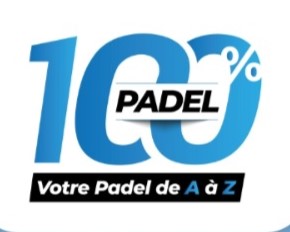
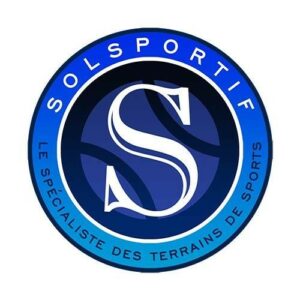

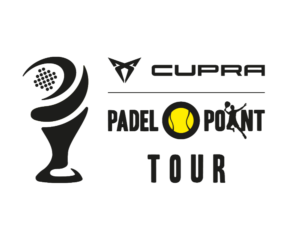
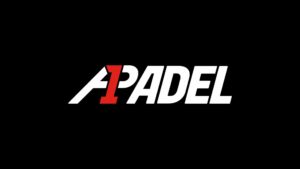
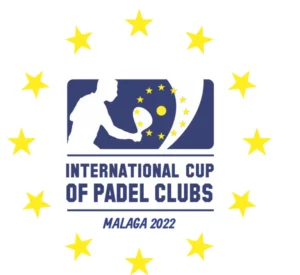

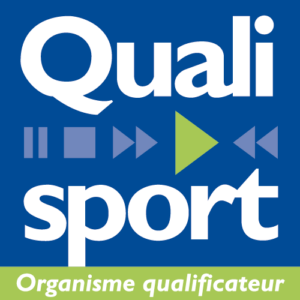

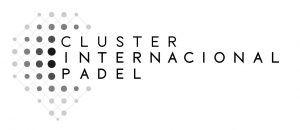
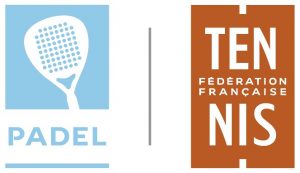


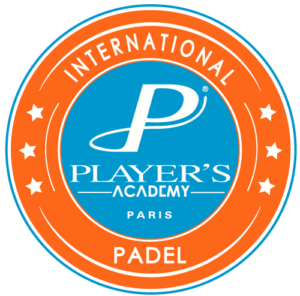
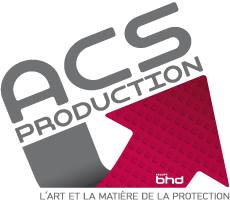
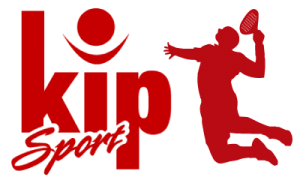

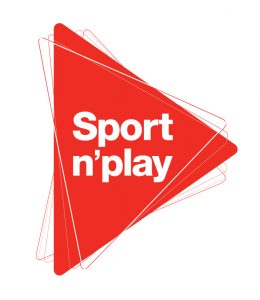

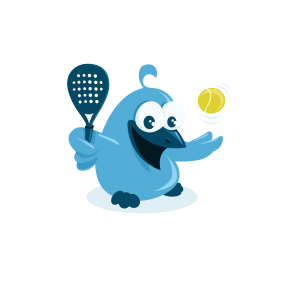

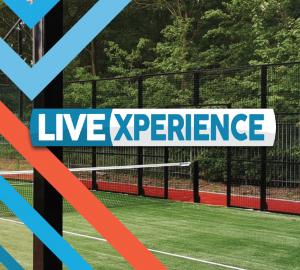
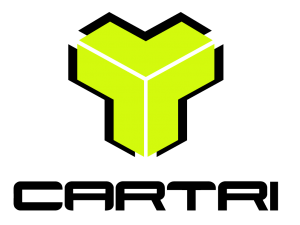

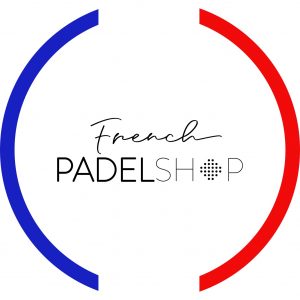
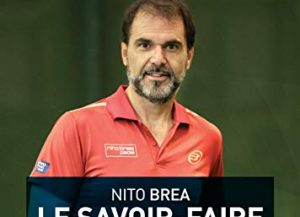
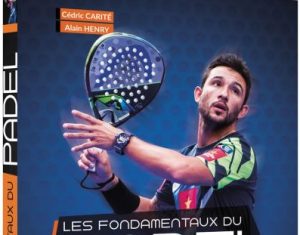


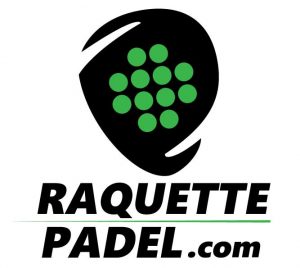
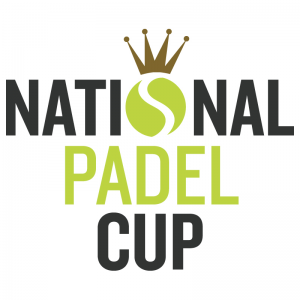
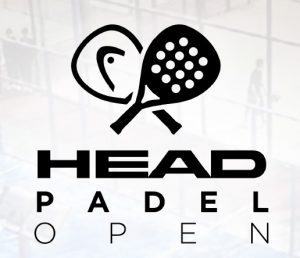

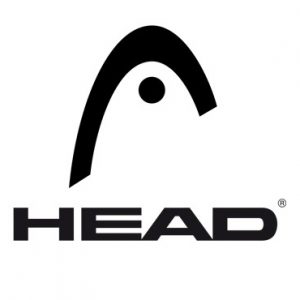



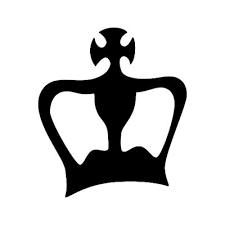
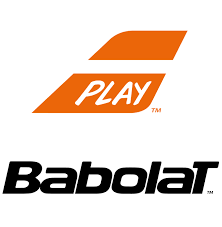

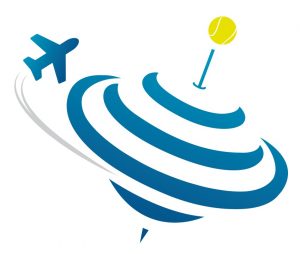
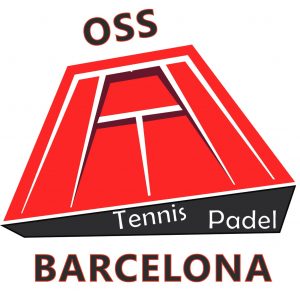
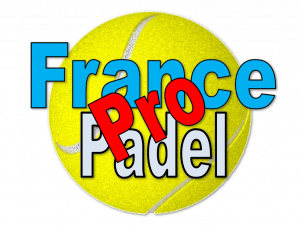

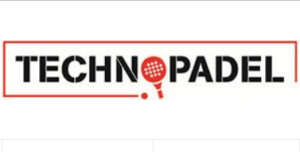
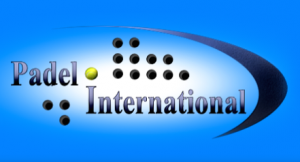

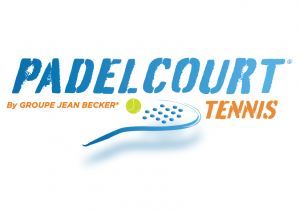

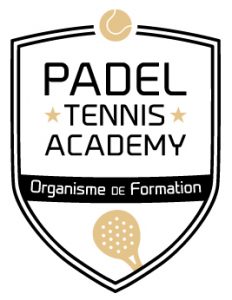
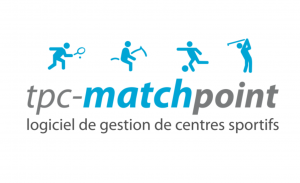

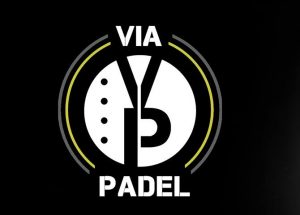
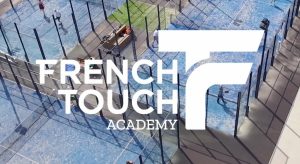

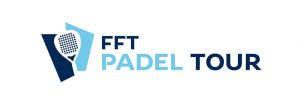

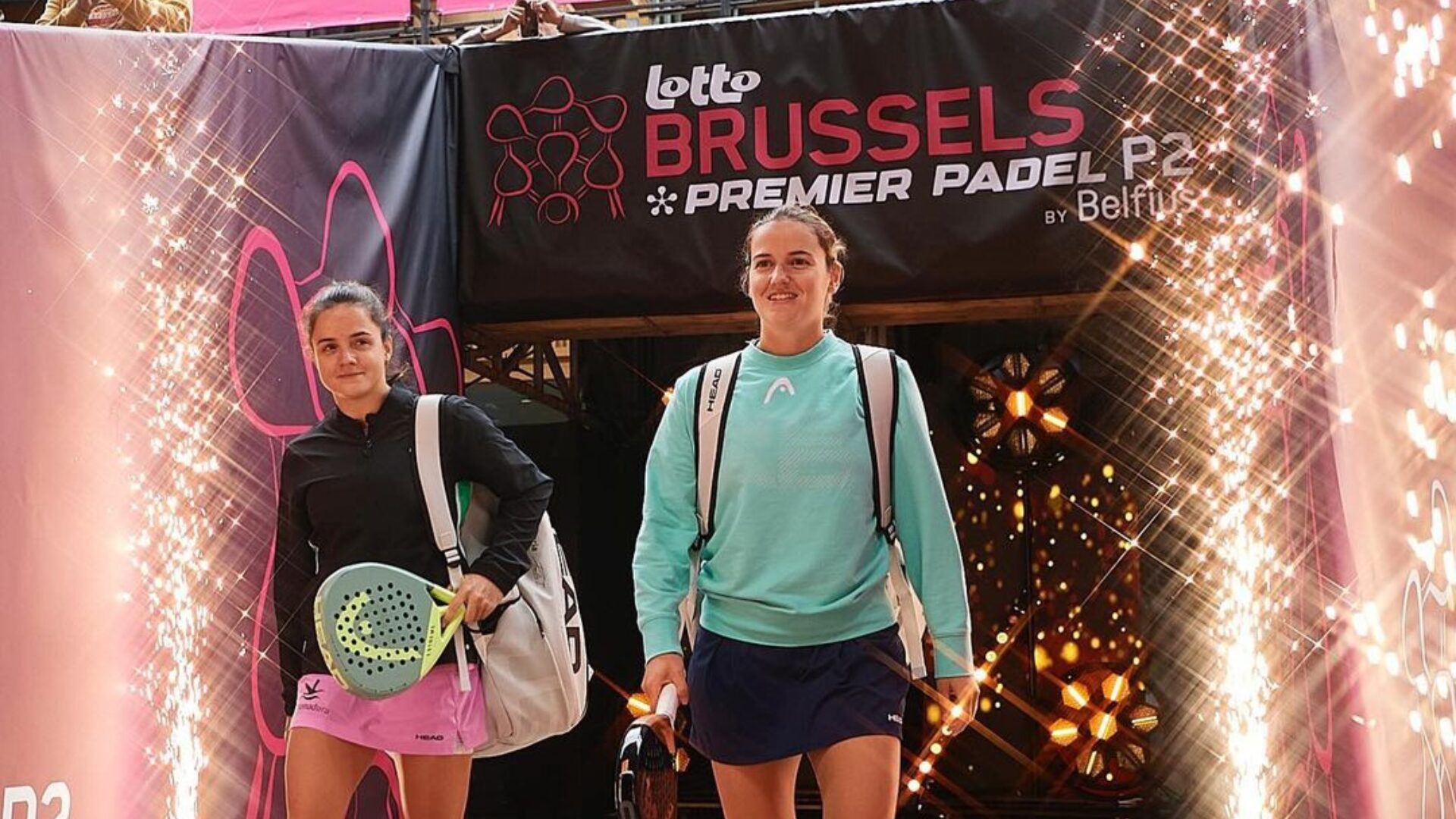 Premier Padel Brussels P2 – The break obviously did Sanchez / Josemaria good!
Premier Padel Brussels P2 – The break obviously did Sanchez / Josemaria good!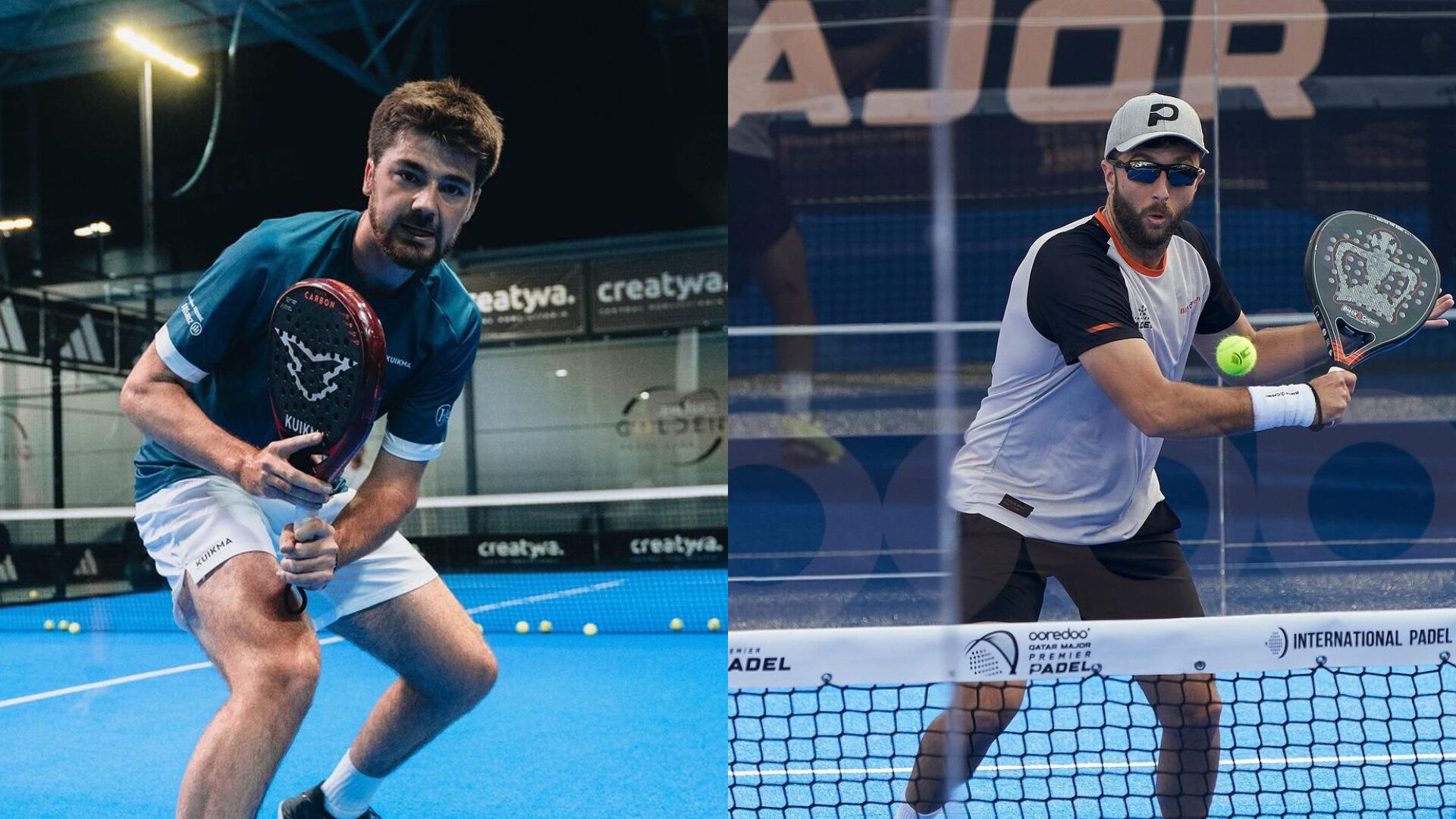 Premier Padel Sevilla P2 – From the waiting list to previas for Dylan Guichard and Ricardo Martinez!
Premier Padel Sevilla P2 – From the waiting list to previas for Dylan Guichard and Ricardo Martinez!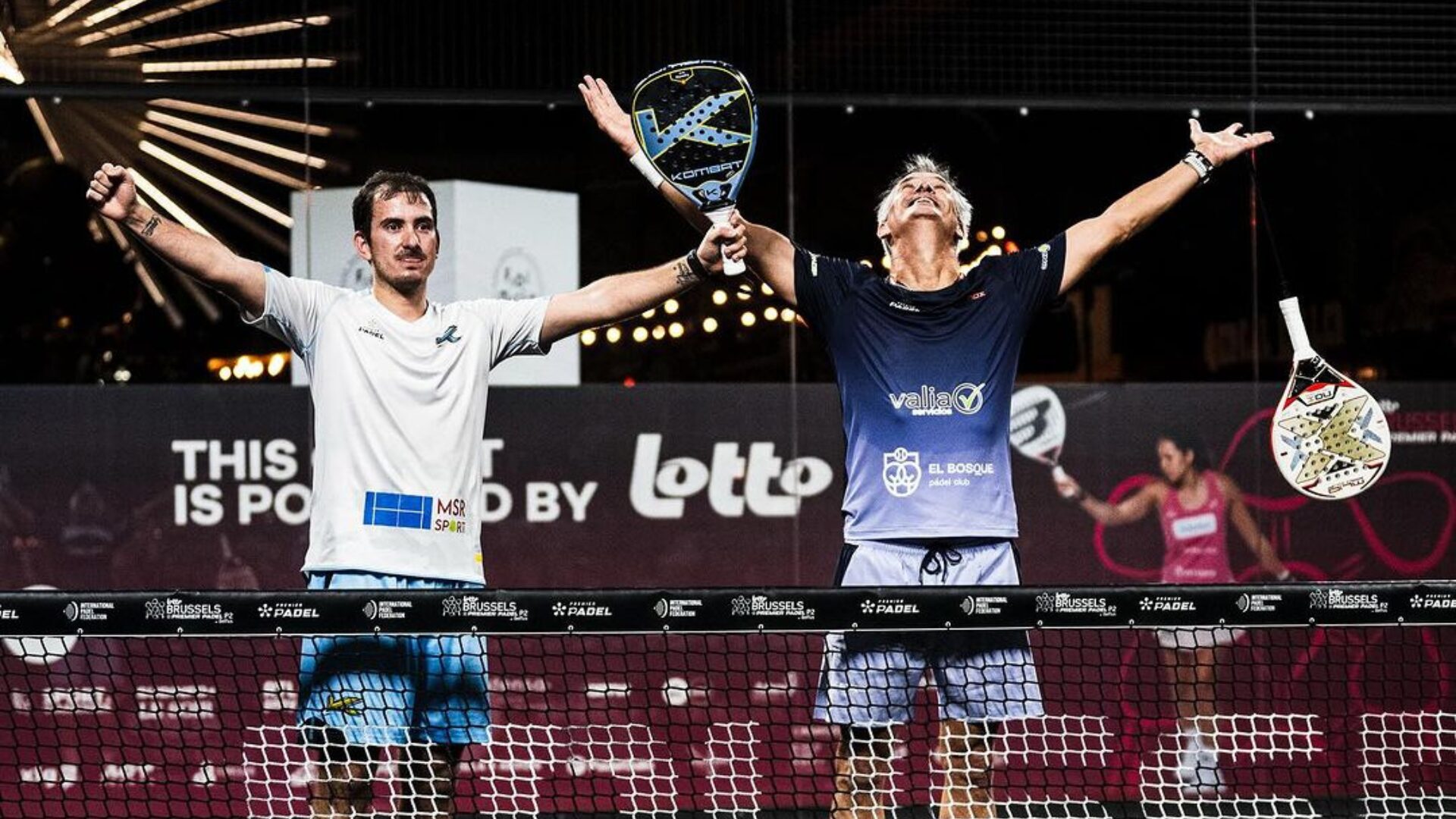 Miguel Lamperti: three tie-breaks and a return to the quarter-finals!
Miguel Lamperti: three tie-breaks and a return to the quarter-finals!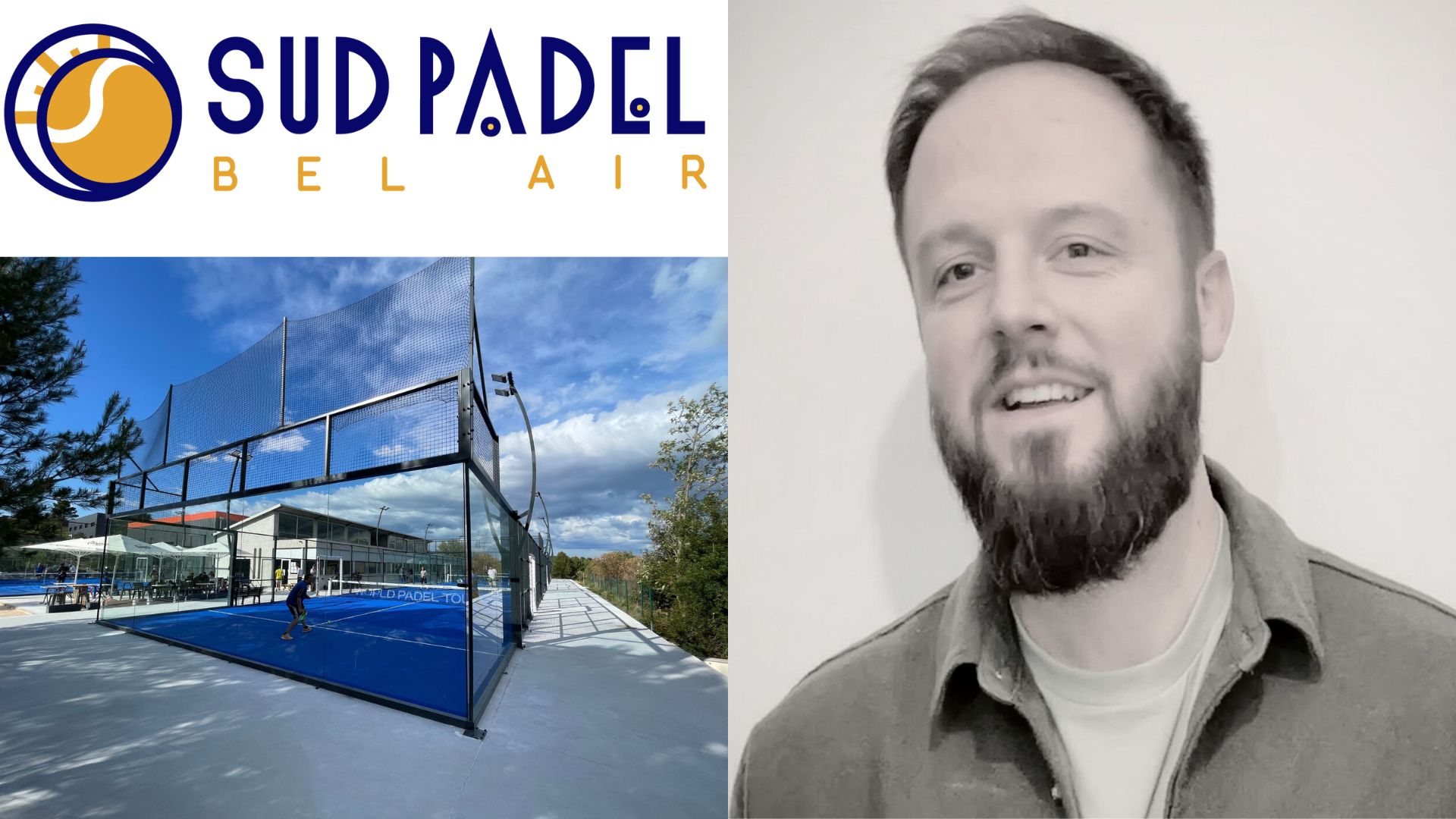 Guillaume Codron de Sud Padel : “A family project”
Guillaume Codron de Sud Padel : “A family project”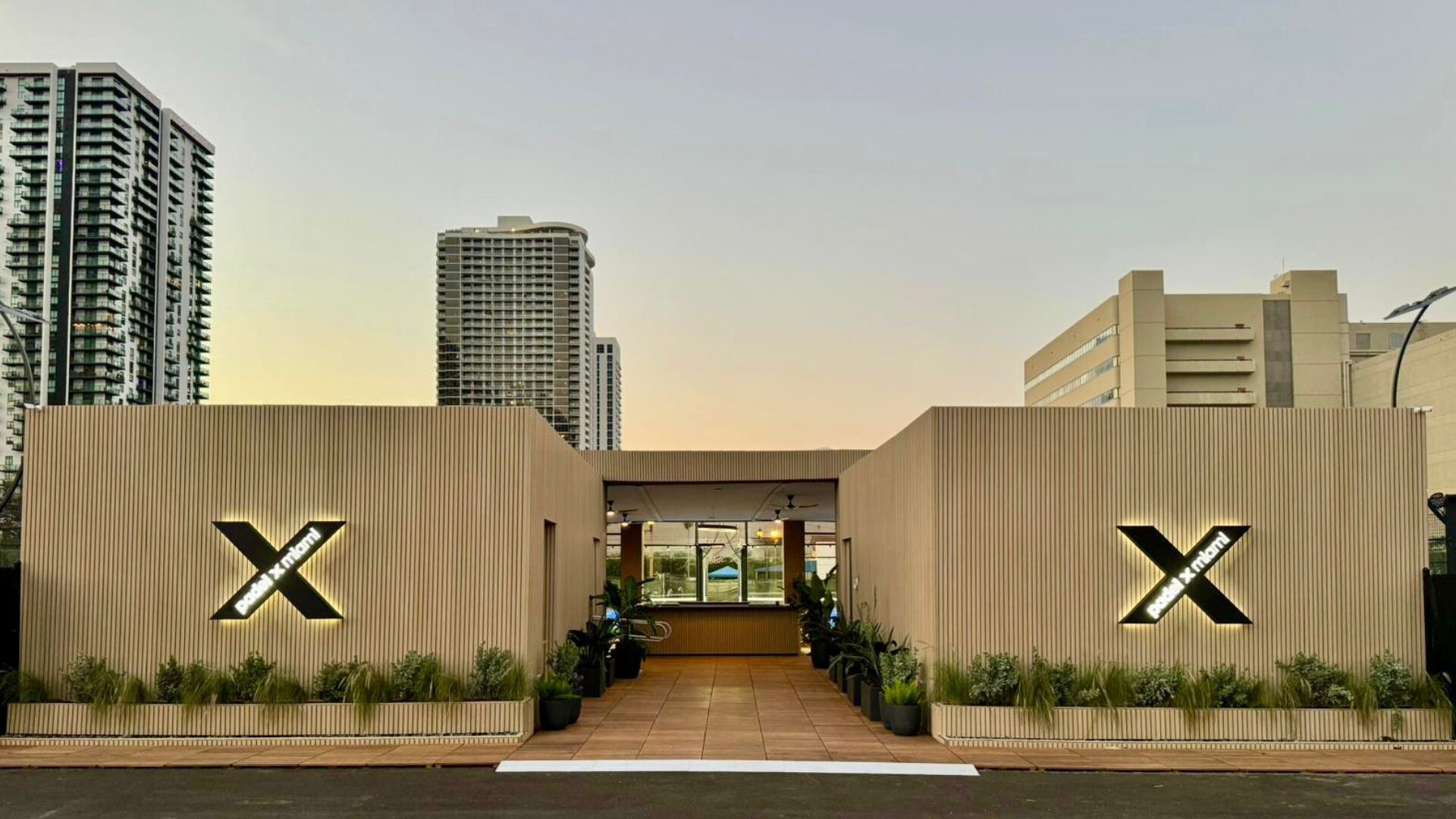 Nallé Grinda: “Democratize the padel in the USA with PadelX "
Nallé Grinda: “Democratize the padel in the USA with PadelX "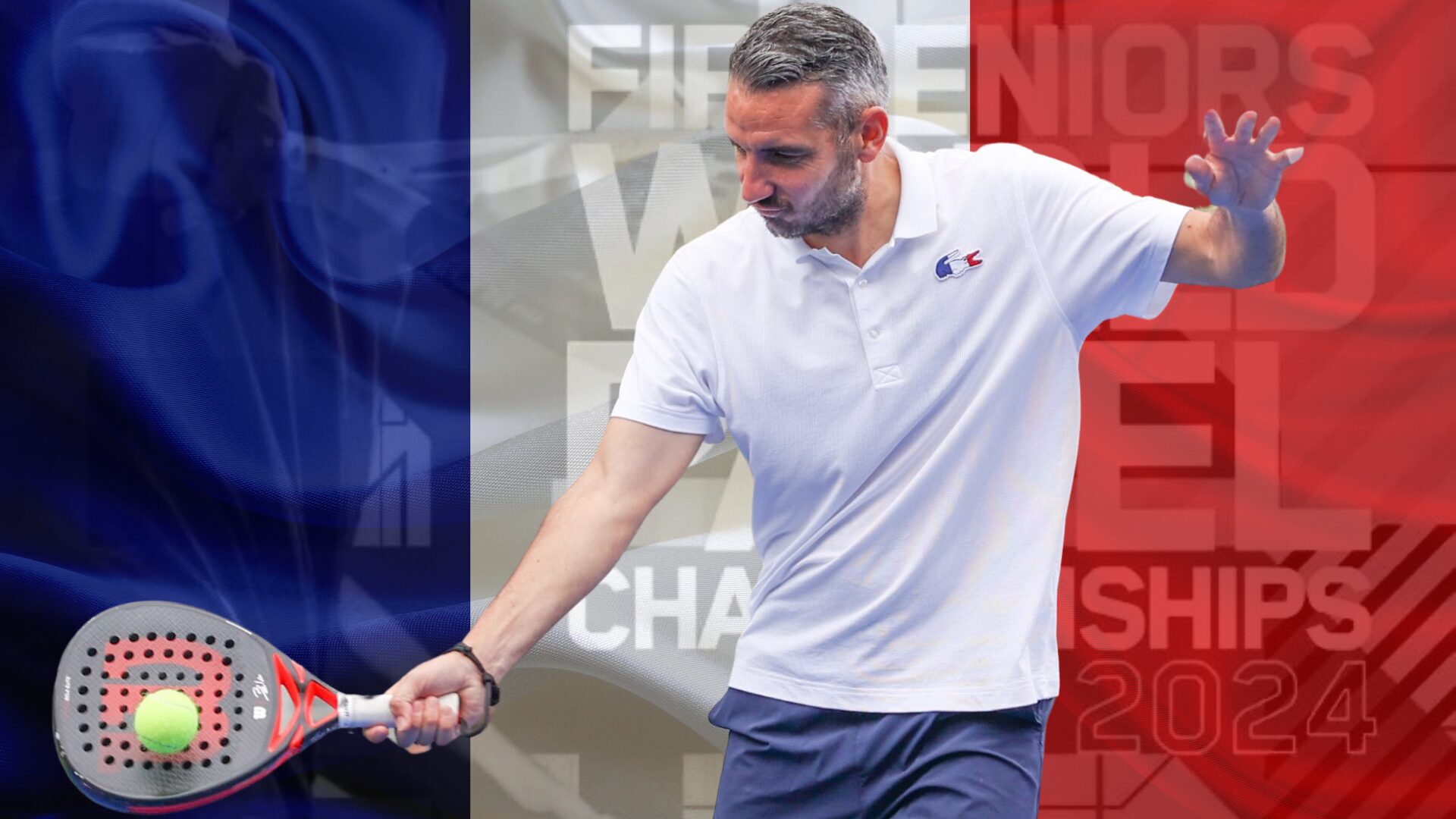 Simon Boissé: “We know that there are two nations in front of us”
Simon Boissé: “We know that there are two nations in front of us”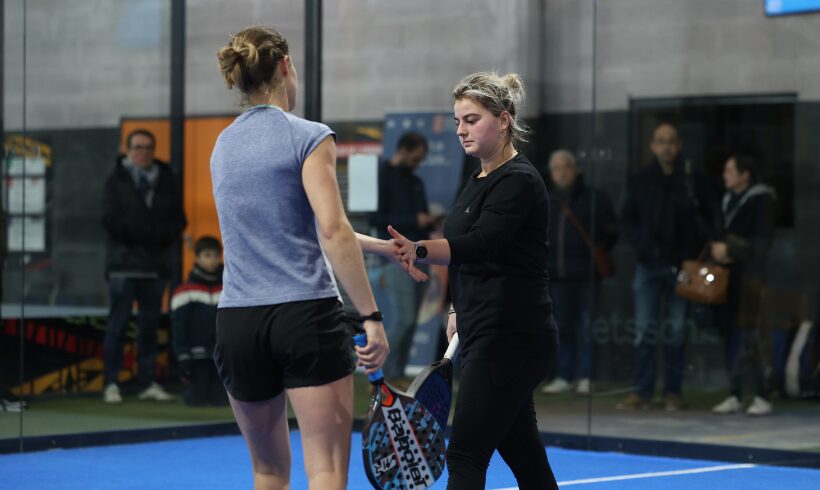 Marie Maligo: “This period of frequent changes of partners was beneficial for me”
Marie Maligo: “This period of frequent changes of partners was beneficial for me”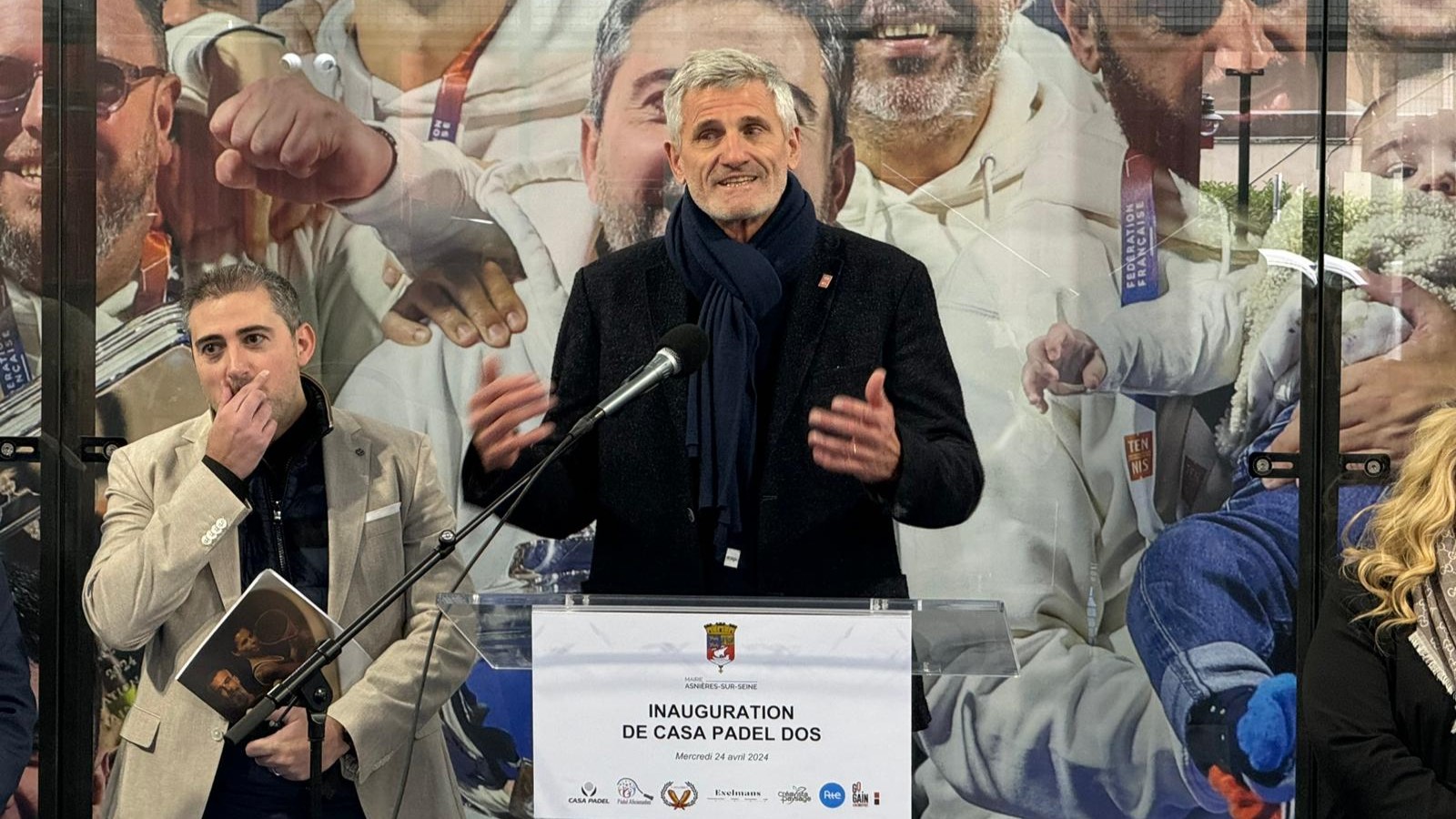 Gilles Moretton: “We will be able to put the padel at the level of tennis”
Gilles Moretton: “We will be able to put the padel at the level of tennis” Two P1000 doubled prize money approaching!
Two P1000 doubled prize money approaching!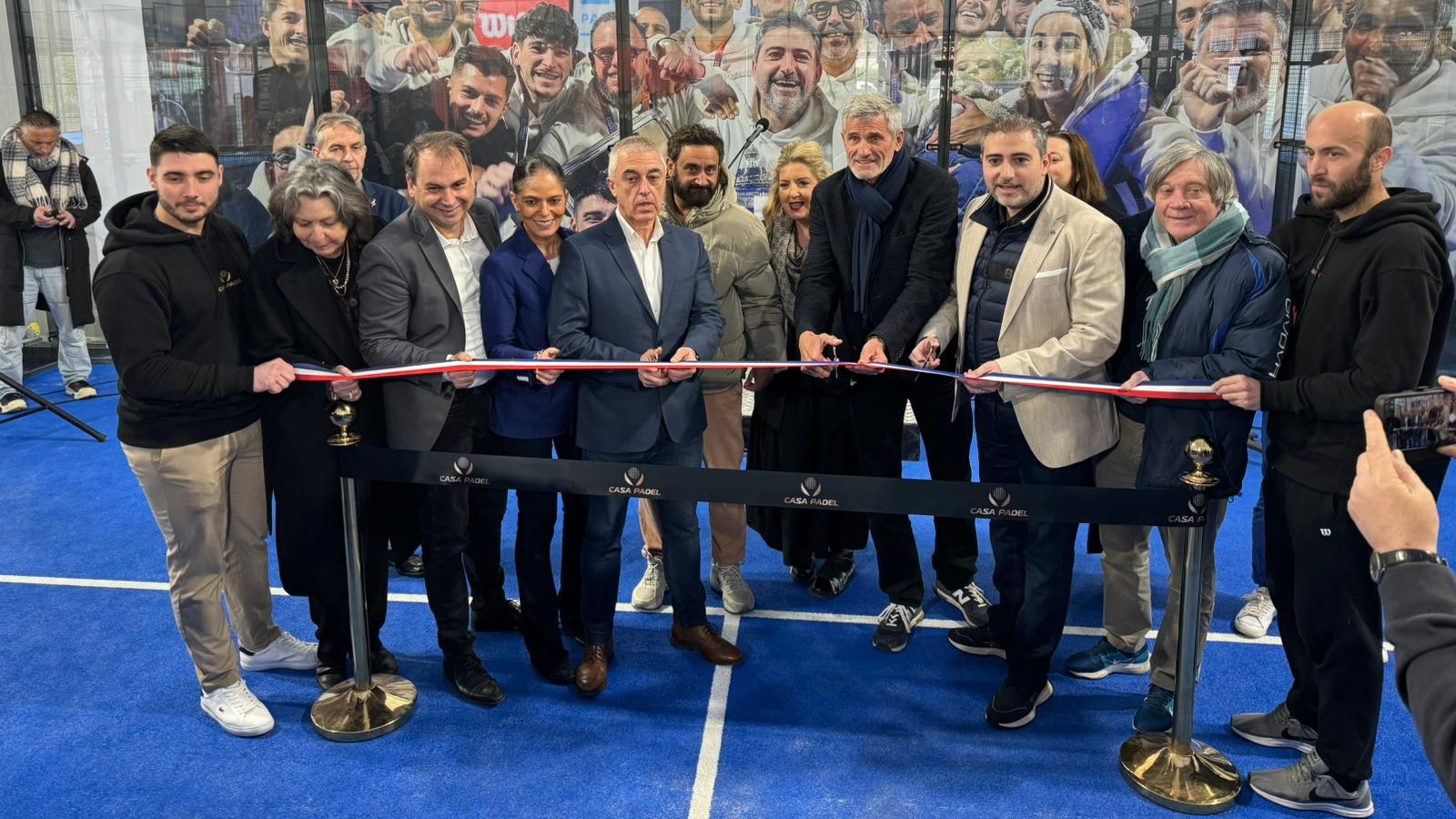 José Manuel Escin at the inauguration of Casa Padel DOS: “Finally, and thank you!”
José Manuel Escin at the inauguration of Casa Padel DOS: “Finally, and thank you!”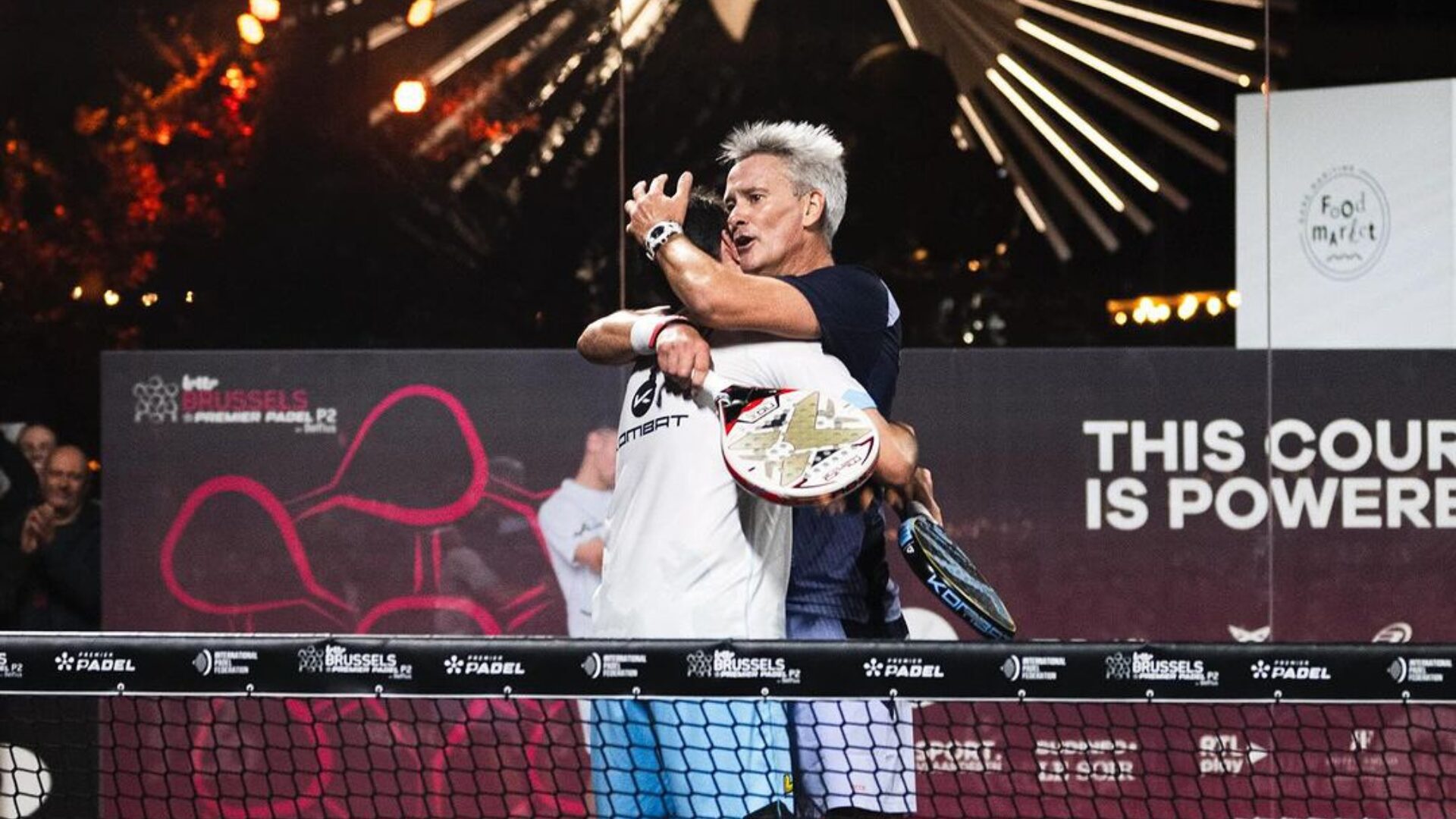 Big evening in Brussels with two seeded players on the mat, heckled number 1s…
Big evening in Brussels with two seeded players on the mat, heckled number 1s…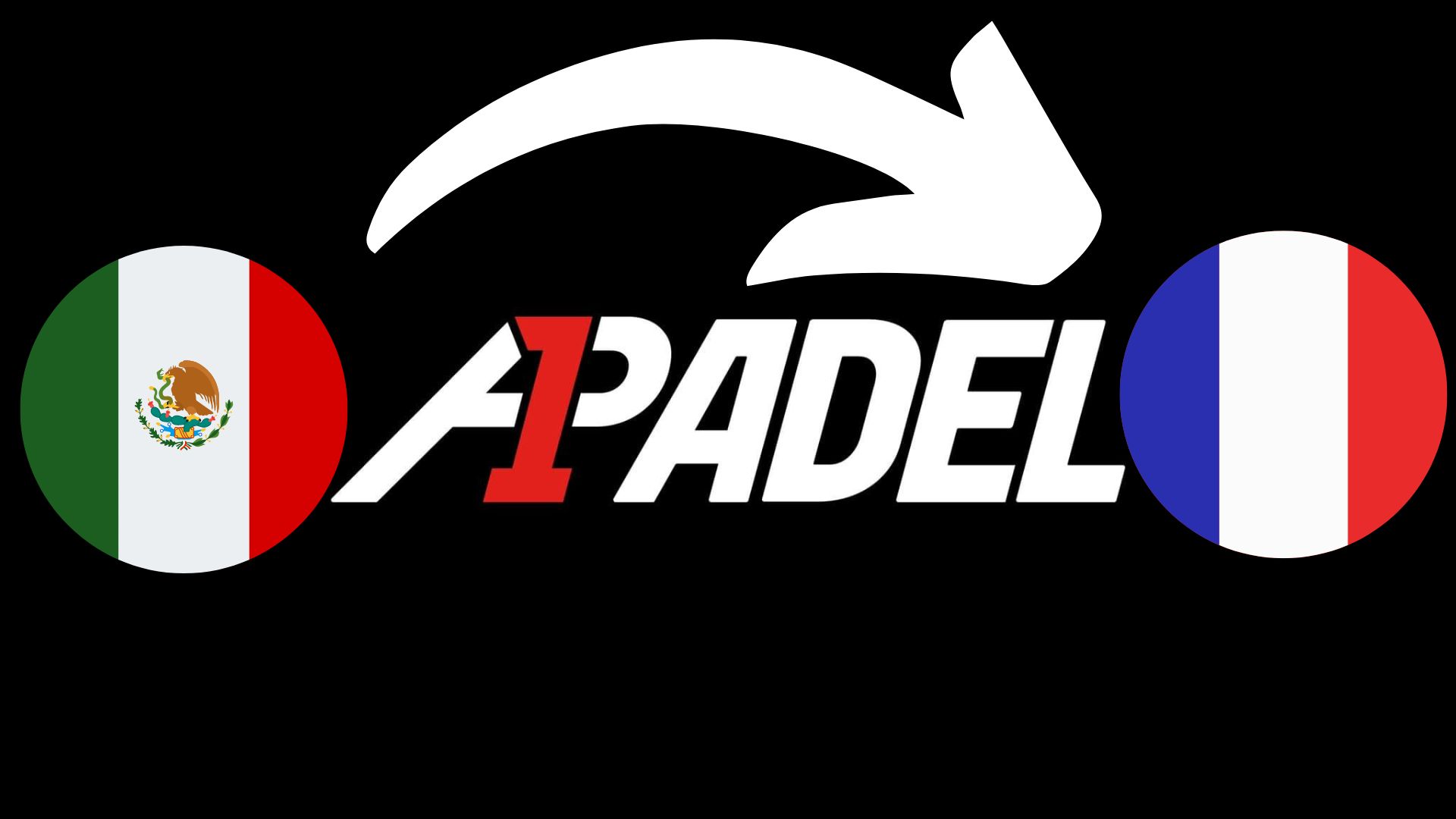 A1 Padel – the French Open replaces the Mexican Open on the calendar
A1 Padel – the French Open replaces the Mexican Open on the calendar 4 Fiberglass Padel Courts for The Ville de Paris: a choice that looks to the future
4 Fiberglass Padel Courts for The Ville de Paris: a choice that looks to the future Brussels Premier Padel Brussels P2 – Collombon / Bidahorria falls against Brea / Gonzalez
Brussels Premier Padel Brussels P2 – Collombon / Bidahorria falls against Brea / Gonzalez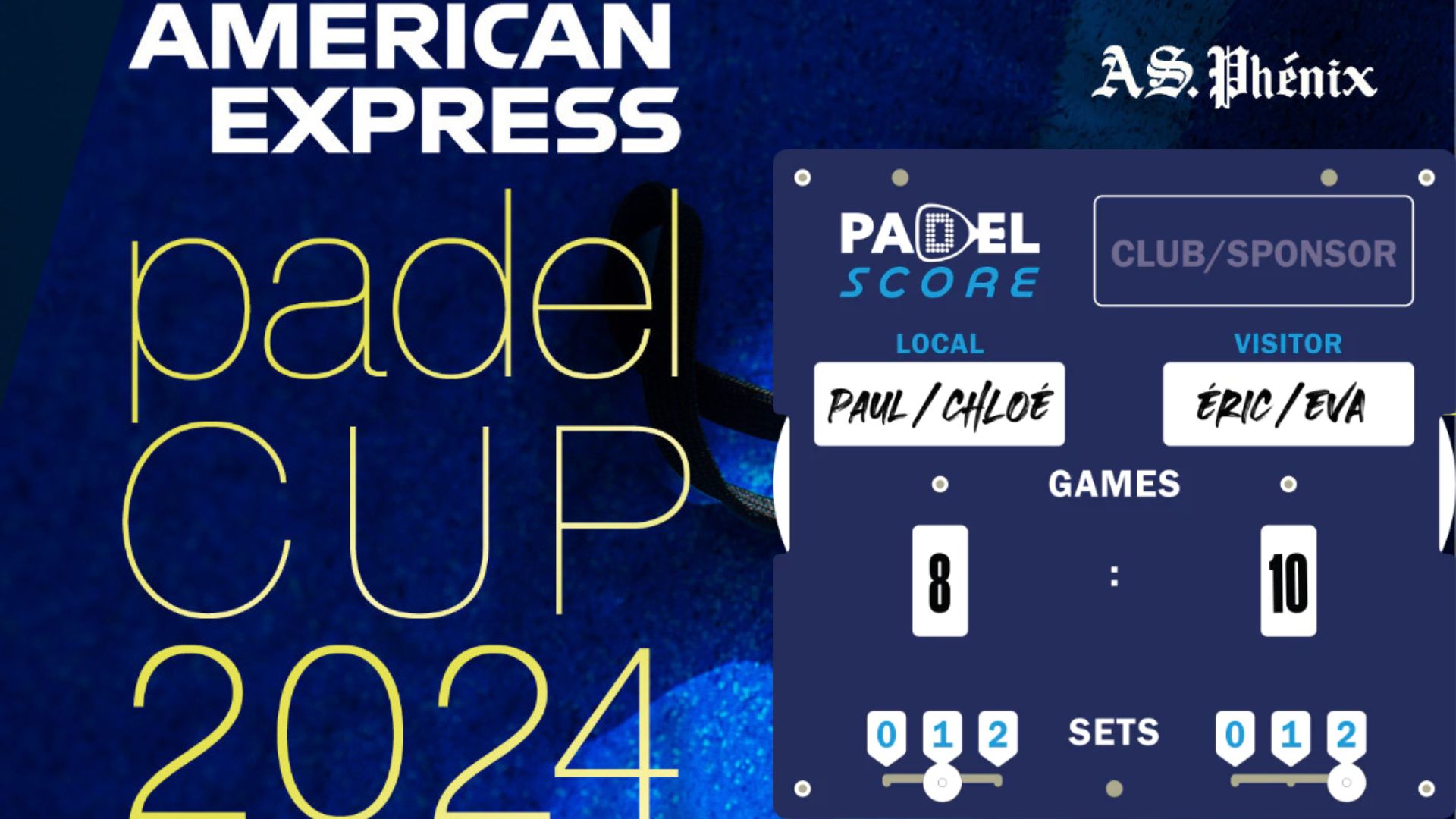 Padel Score comes to Tahiti for American Express Padel Cup!
Padel Score comes to Tahiti for American Express Padel Cup!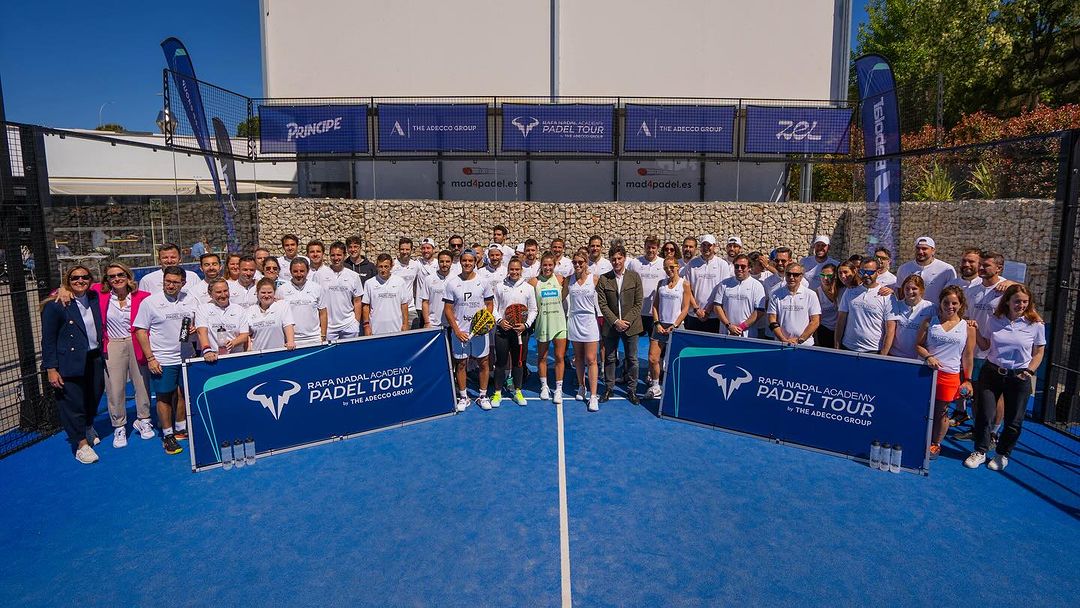 Do you know the Rafa Nadal Academy Tour?
Do you know the Rafa Nadal Academy Tour?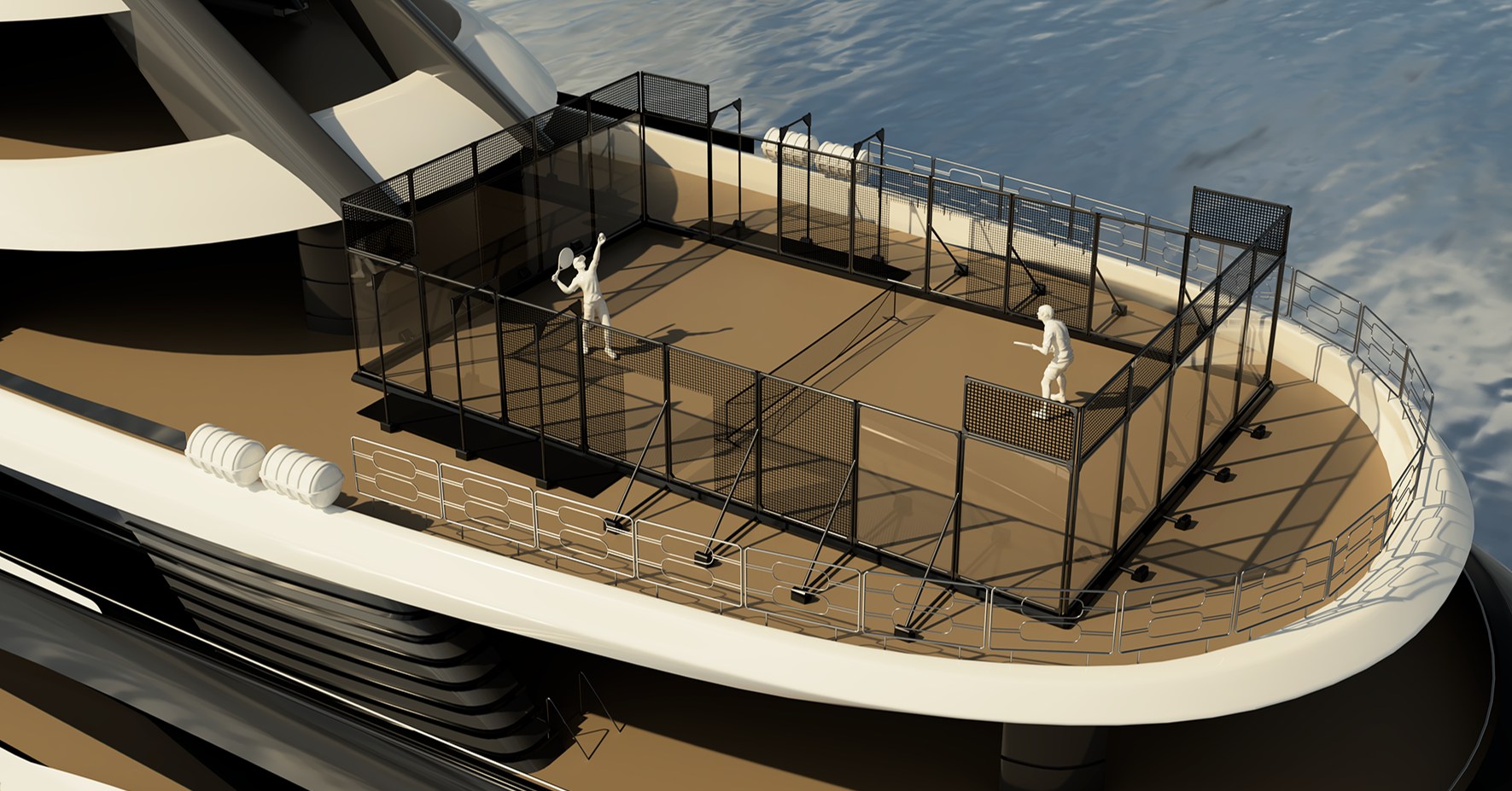 Play at padel on his yacht? Possible for €233.000!
Play at padel on his yacht? Possible for €233.000! Our Top 10 training courses padel in France and Europe
Our Top 10 training courses padel in France and Europe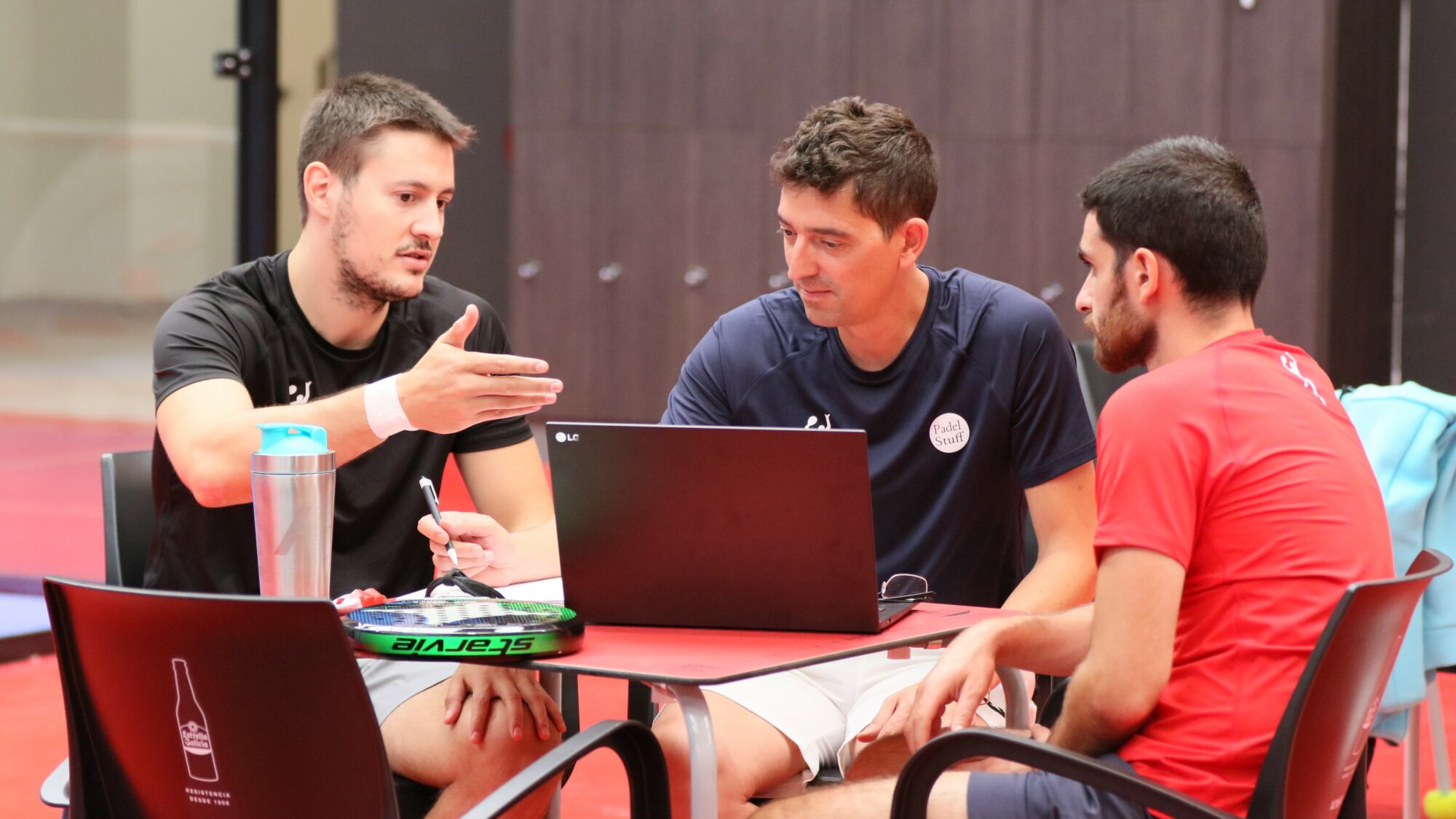 At the heart of padel – Episode 25: Paul and Andoni answer your questions
At the heart of padel – Episode 25: Paul and Andoni answer your questions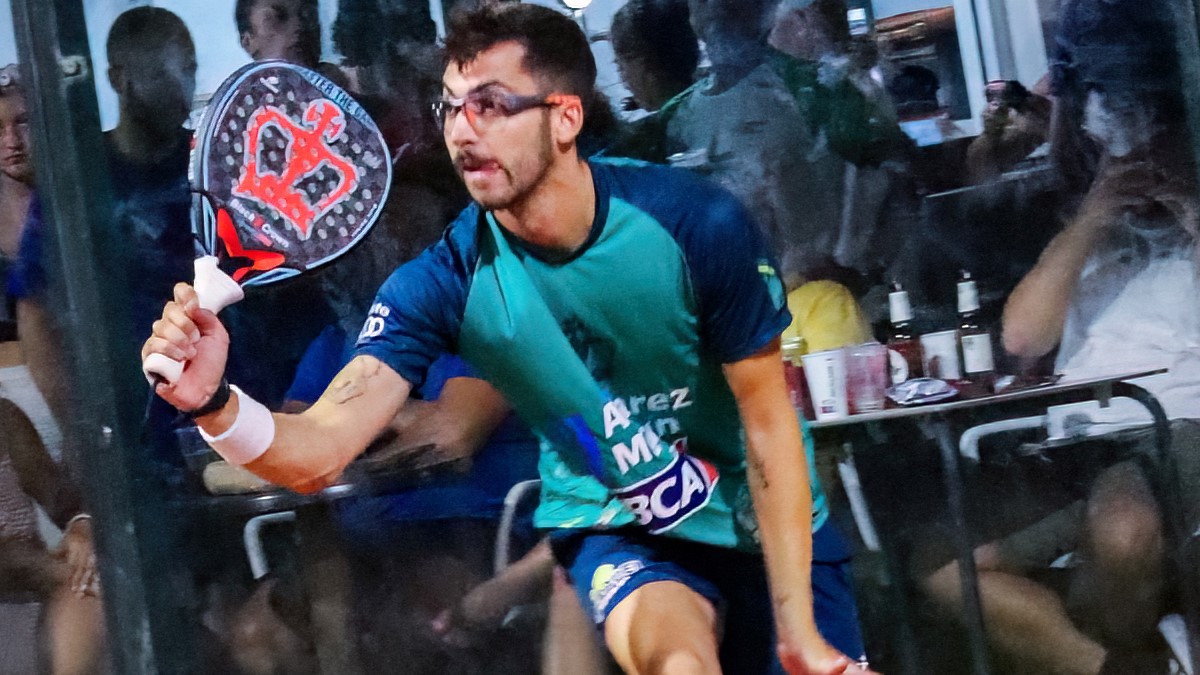 Tactical padel – What to do when faced with players who systematically stay at the bottom?
Tactical padel – What to do when faced with players who systematically stay at the bottom?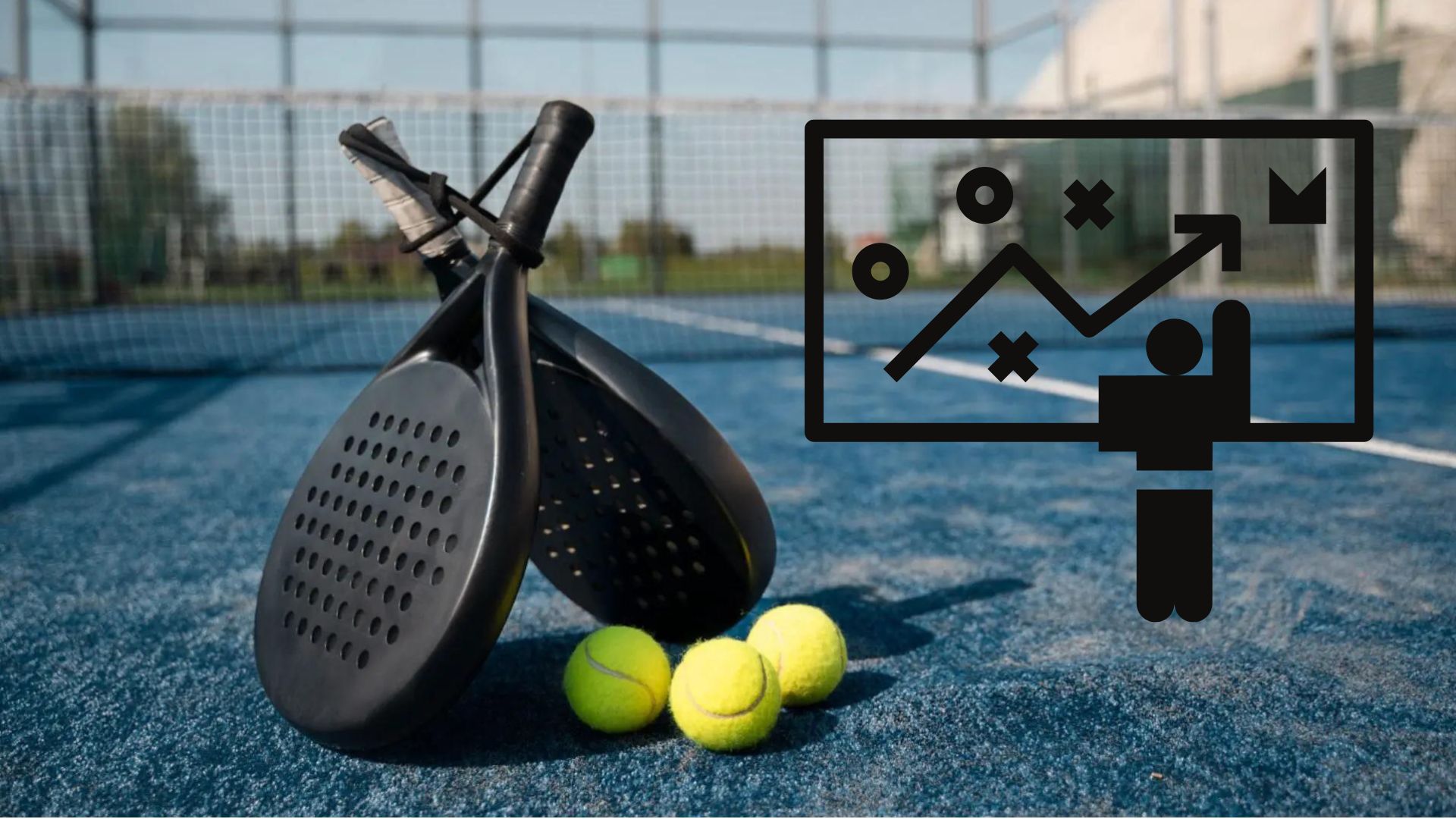 The basic tactics of padel
The basic tactics of padel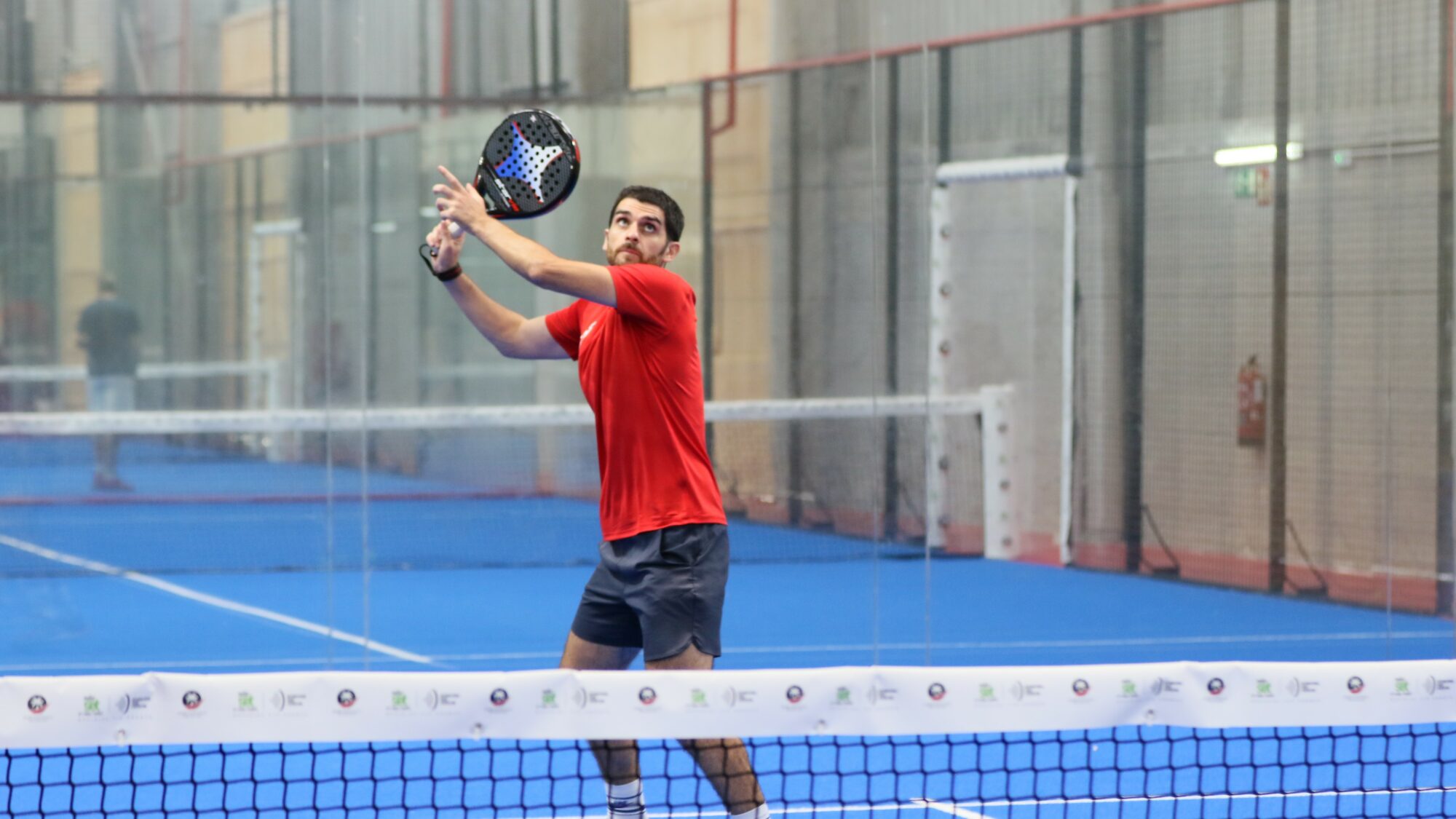 At the heart of padel – Episode 25: Paul and Andoni answer your questions
At the heart of padel – Episode 25: Paul and Andoni answer your questions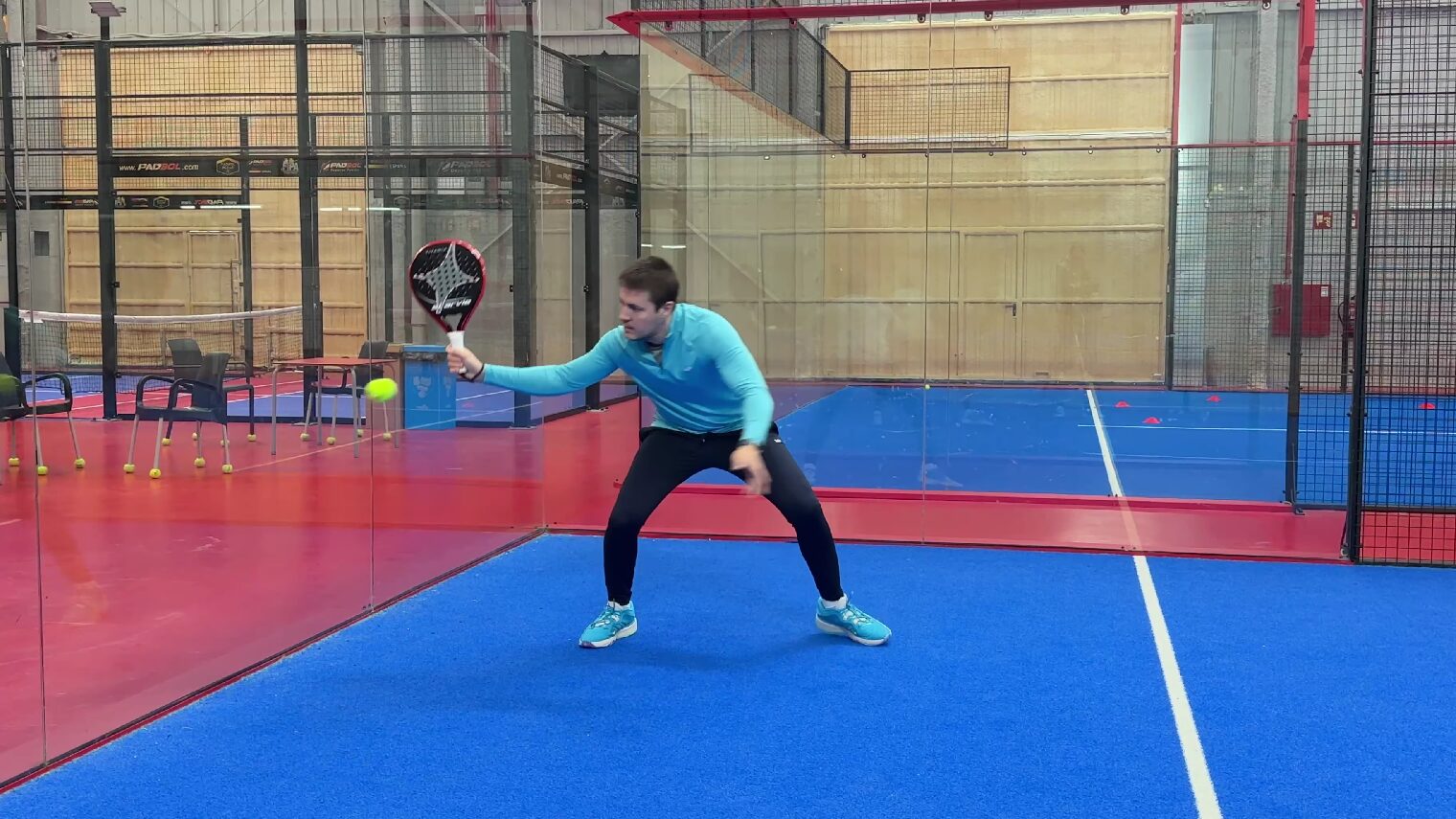 At the heart of padel – Episode 23: defend the window well
At the heart of padel – Episode 23: defend the window well Prohibition on playing topless Padel : the reasons
Prohibition on playing topless Padel : the reasons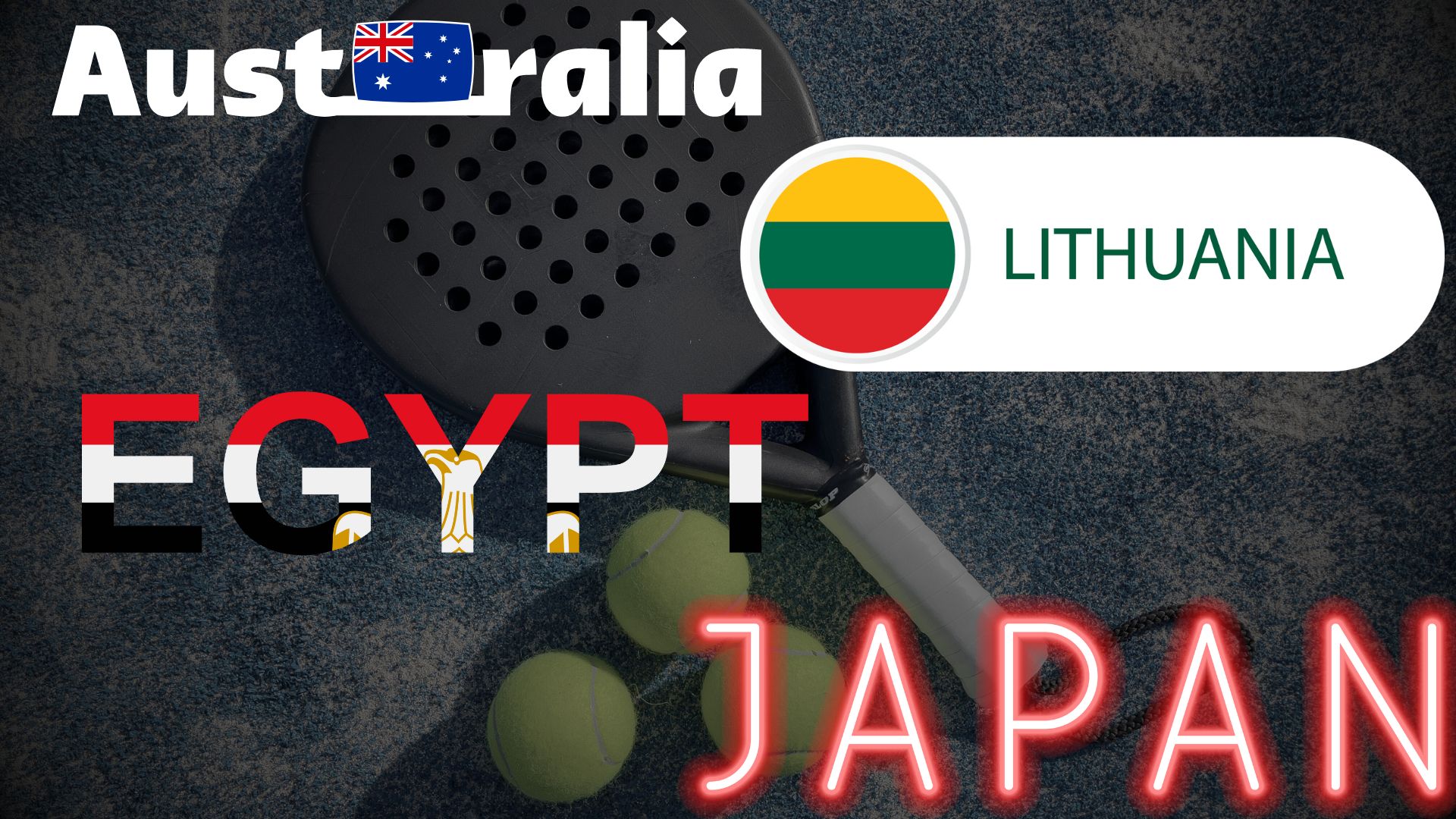 FIP Tour – Going far from Europe, THE strategy to earn points!
FIP Tour – Going far from Europe, THE strategy to earn points!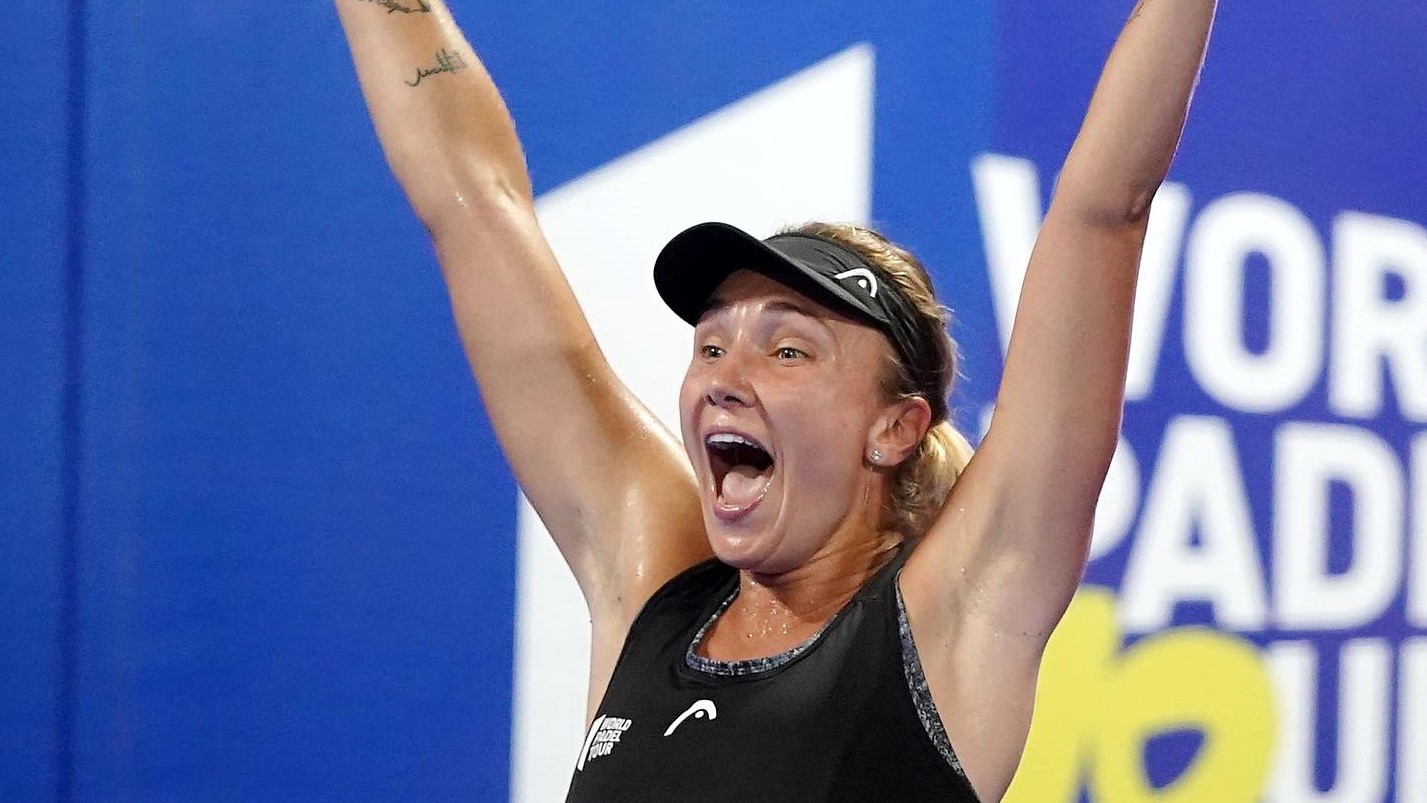 What is a good football player? padel ?
What is a good football player? padel ?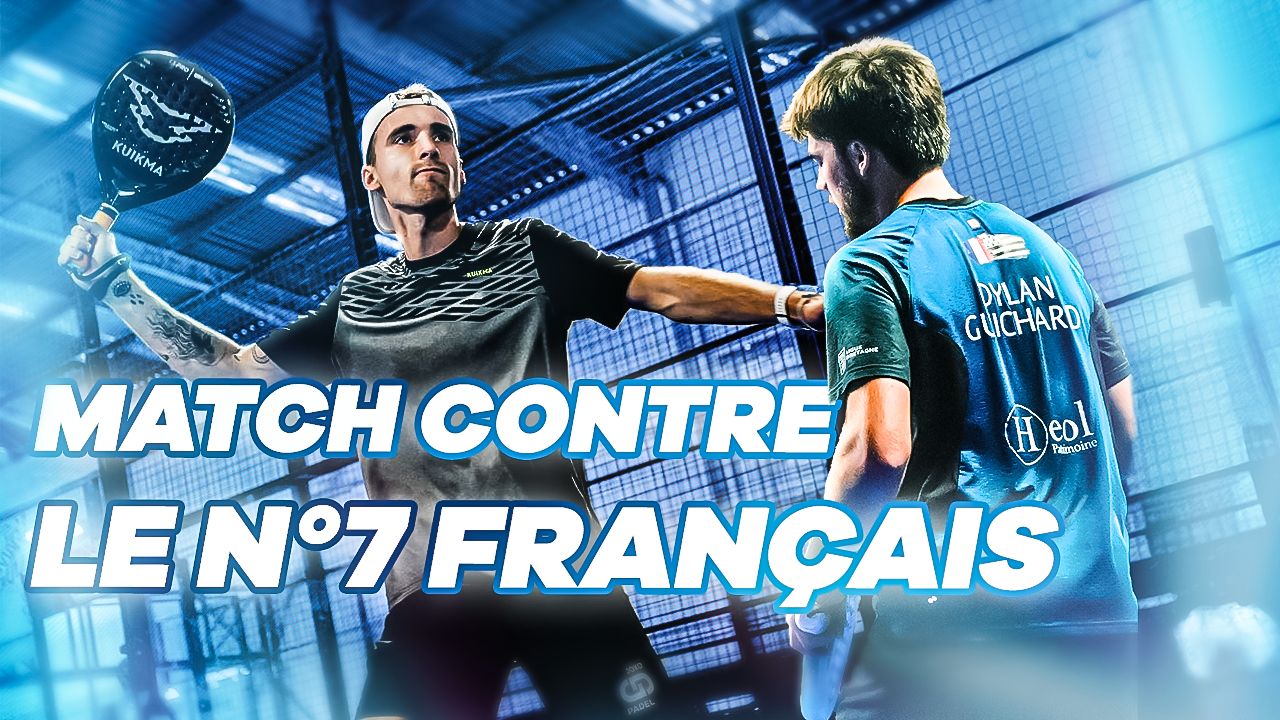 “Lefties give me headaches when I play against them!”
“Lefties give me headaches when I play against them!”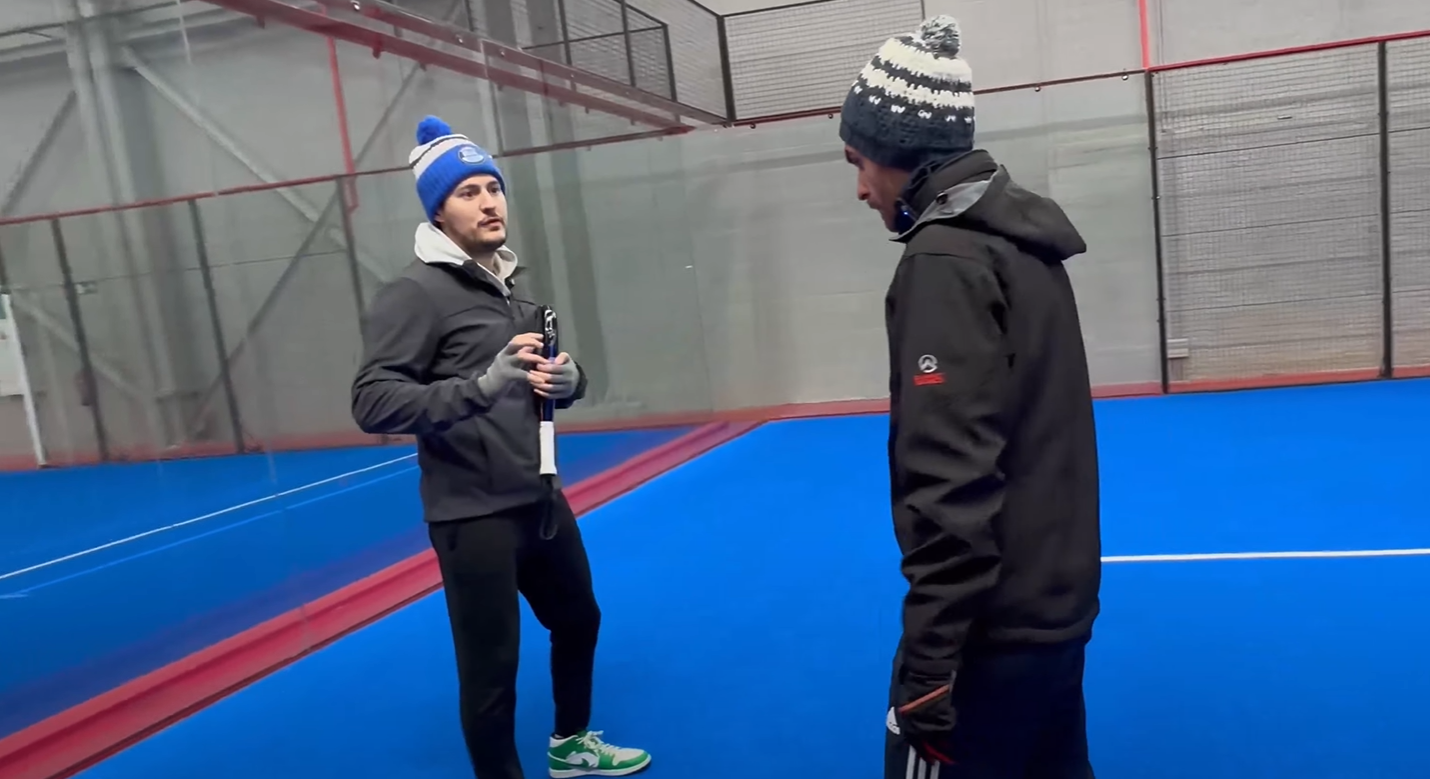 At the heart of padel – Episode 14: how to earn points in winter?
At the heart of padel – Episode 14: how to earn points in winter?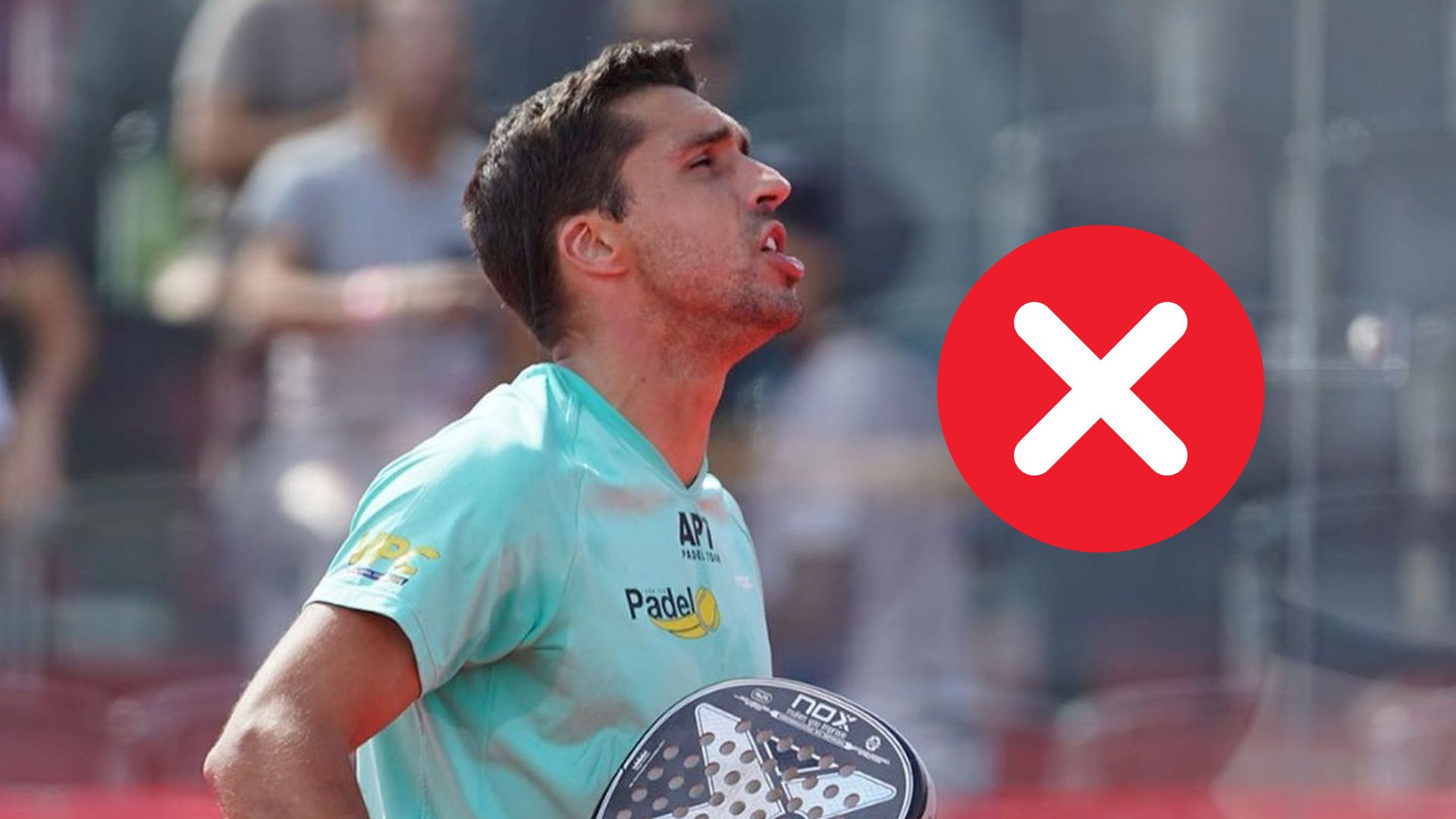 A par 4 is always a winner...even if you manage to defend it!
A par 4 is always a winner...even if you manage to defend it!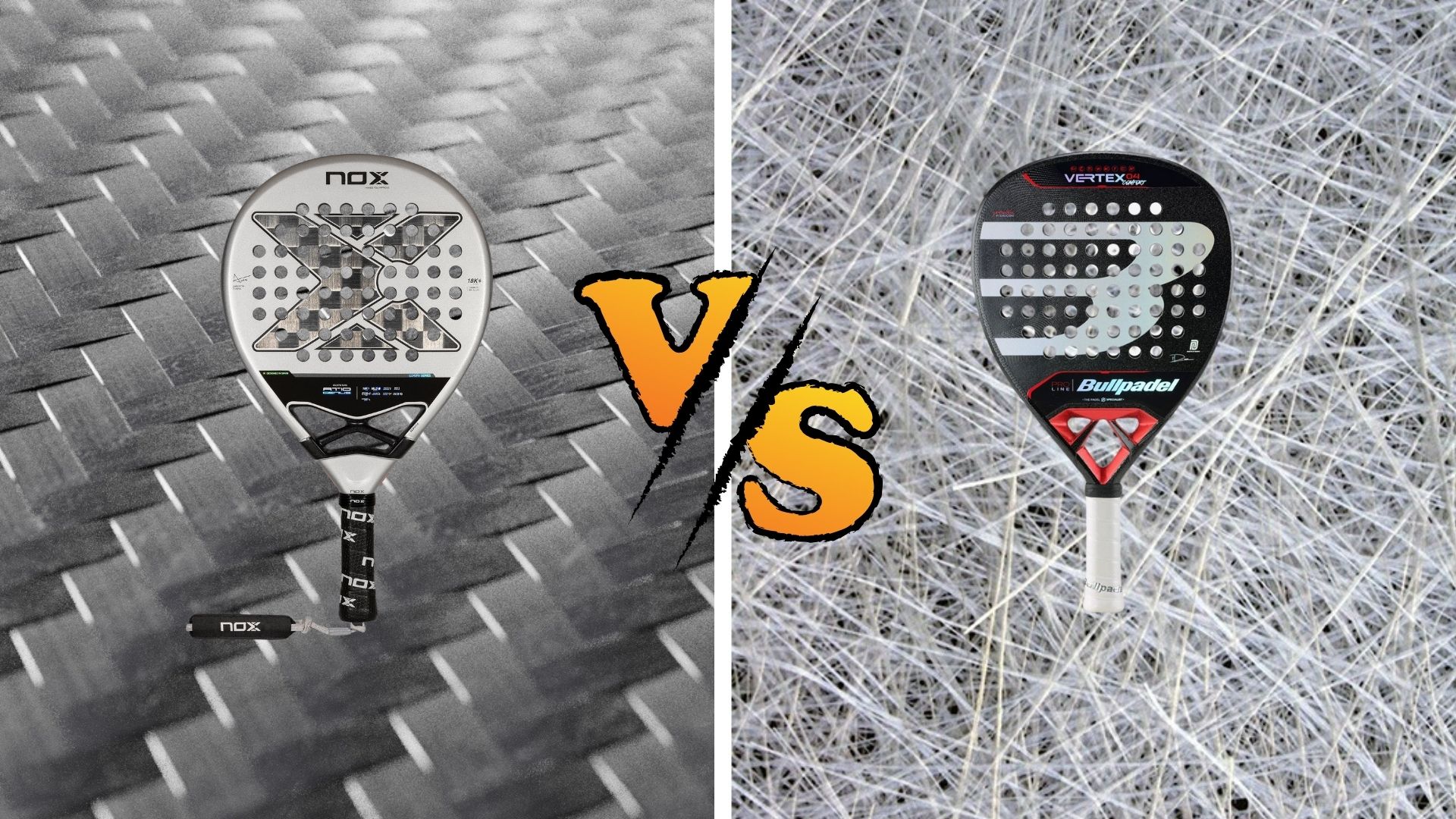 Carbon fiber VS fiberglass: what to choose?
Carbon fiber VS fiberglass: what to choose?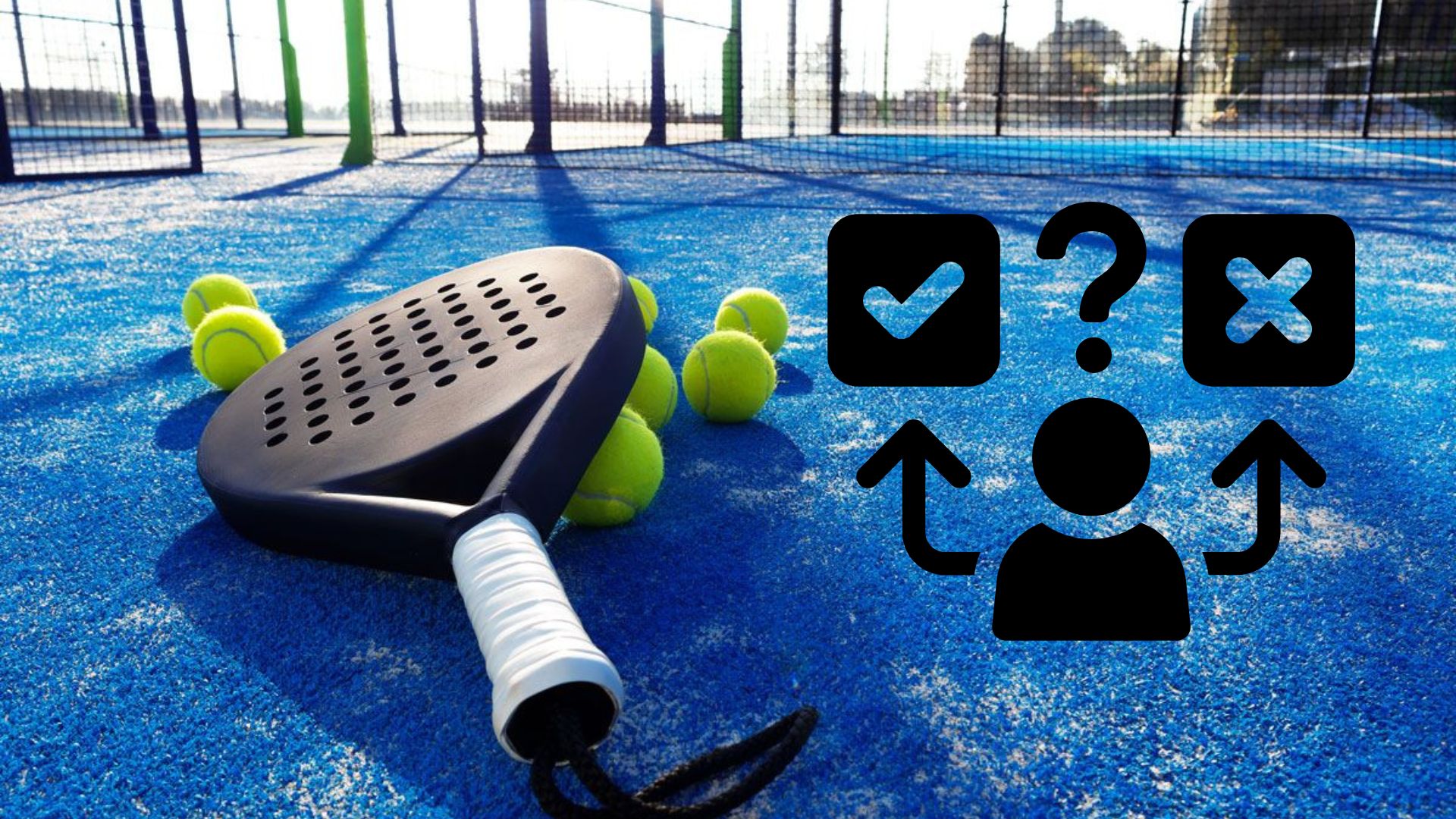 How to effectively test a racket padel ?
How to effectively test a racket padel ?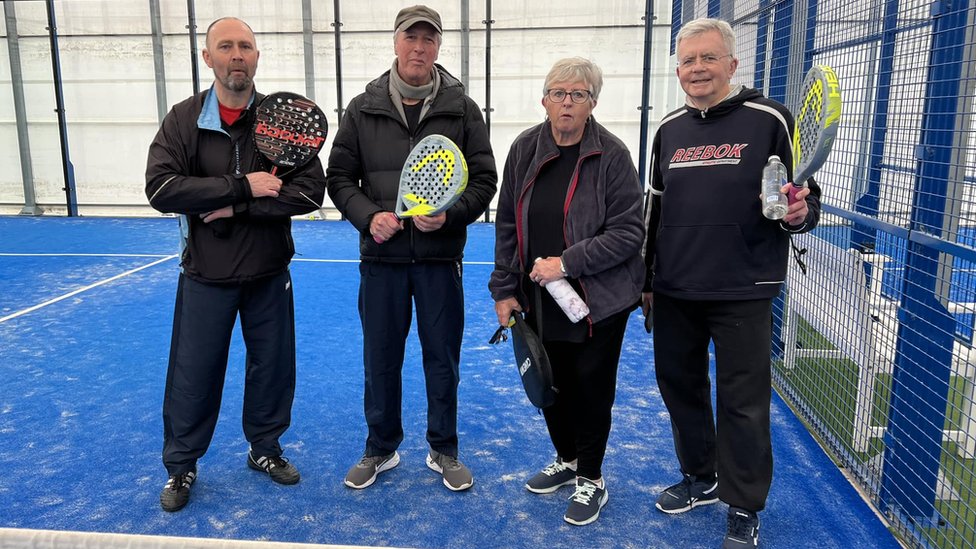 La padel to fight Parkinson's disease
La padel to fight Parkinson's disease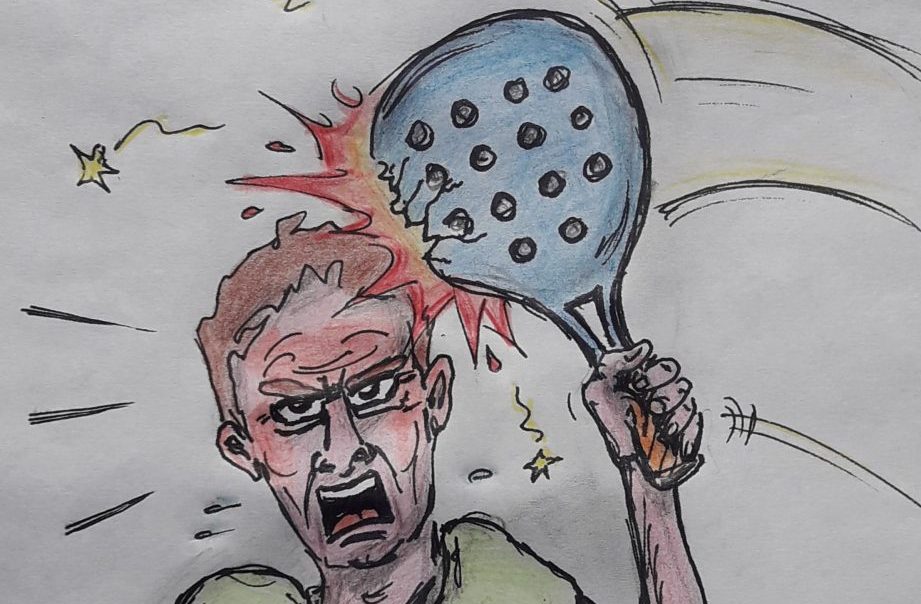 Don't play with a cracked or broken racket, your body will thank you!
Don't play with a cracked or broken racket, your body will thank you! Michel Cymes: “The padel, physically, it’s serious!”
Michel Cymes: “The padel, physically, it’s serious!”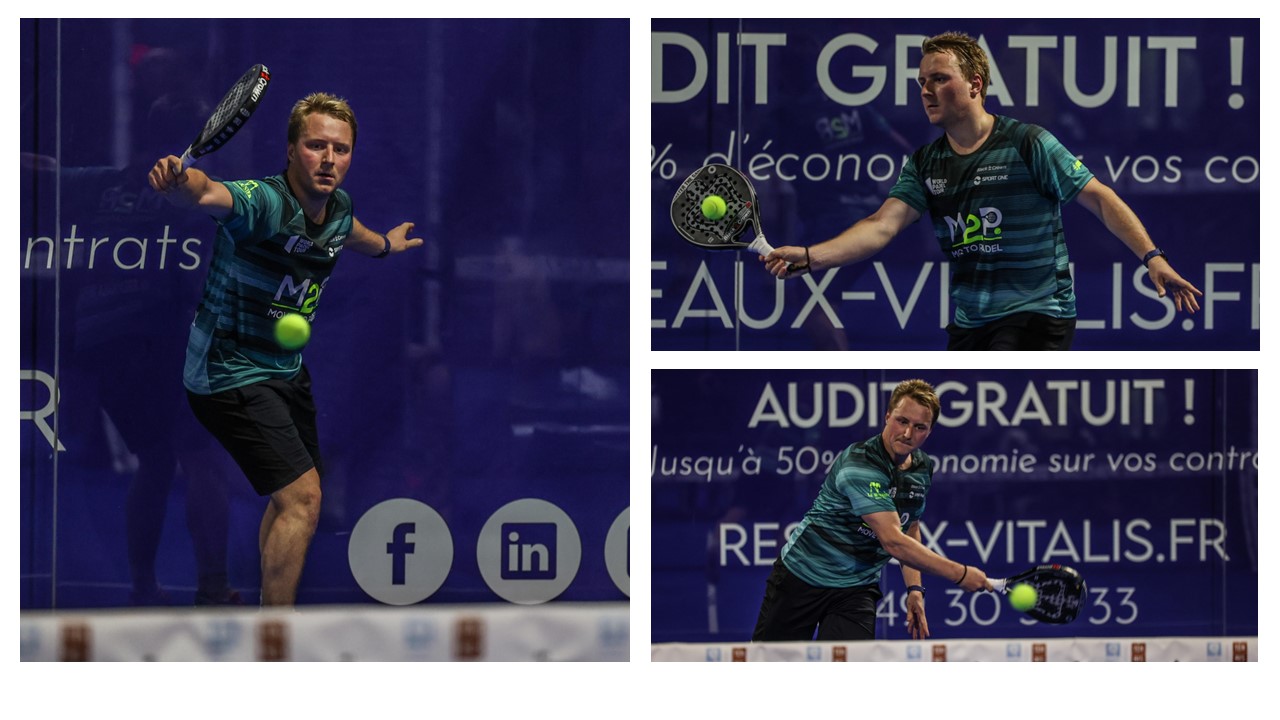 Jeremy Gala: “Promote the padel among young people in Belgium remains a challenge”
Jeremy Gala: “Promote the padel among young people in Belgium remains a challenge”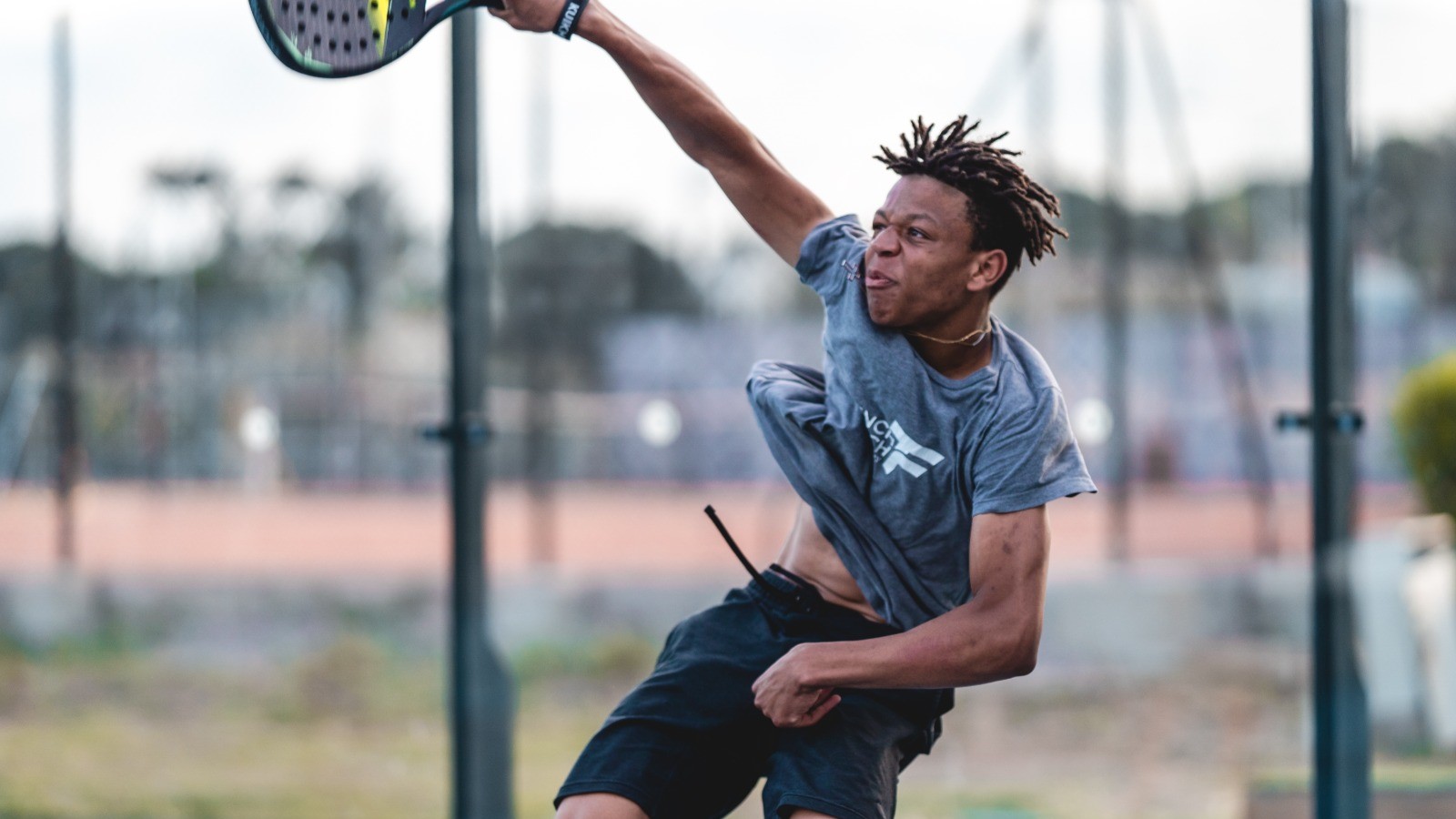 The French Touch Academy organizes its selection day Padel-Study
The French Touch Academy organizes its selection day Padel-Study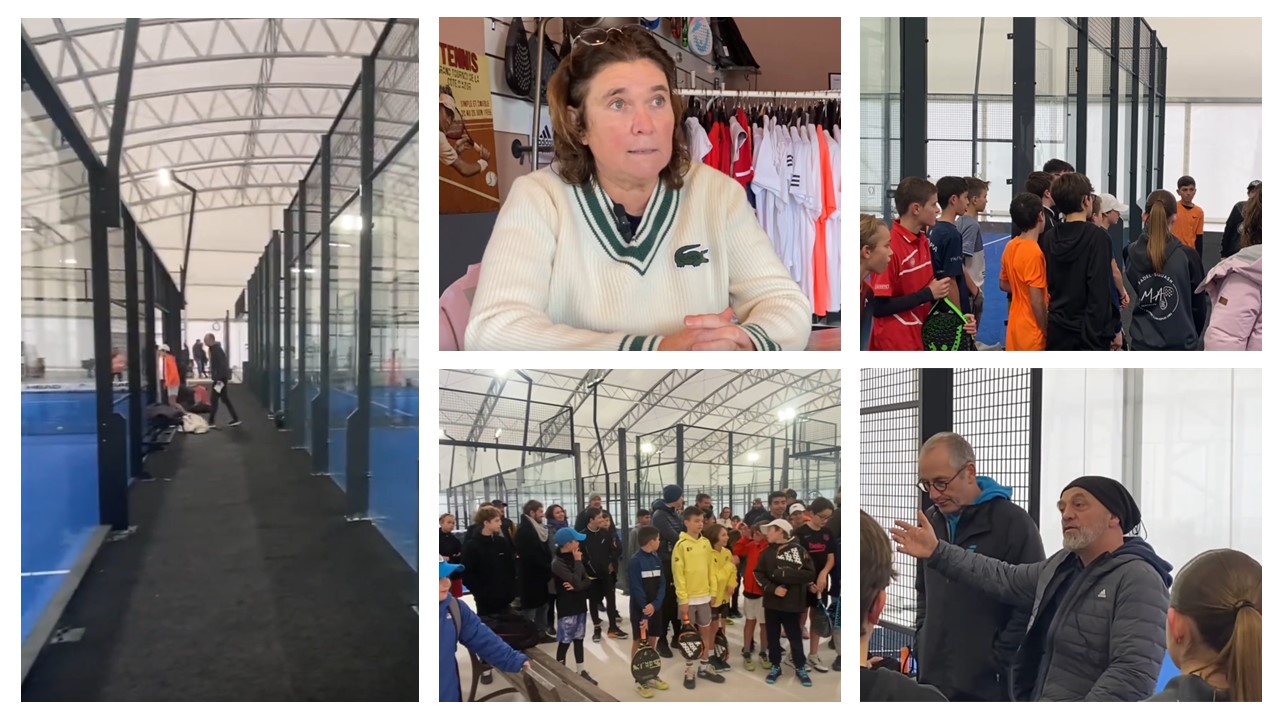 Report on the detection and training of younger generations
Report on the detection and training of younger generations
Hello! me gustaría conocer como funciona el padel in France.
Soy monitor de padel español et en unos meses estaré allí buscando trabajo.
Perdon por no hablar inglés todavia!
The thank you box
Hola, póngase in contact with the Federación Francesa de Tenis. Que tenga un buen día.
Hello! Yo be monitor of padel in Spain within 3 years.
I will enjoy knowing how it functions padel in France, it is only possible to live in France and taste me as a pádel monitor.
If alguien advises me, it is agradezco.
Perdon por no hablar frances! poco a poco!
The thank you box
Hockey teachers are not allowed to give golf lessons.
But tennis educators and instructors (even without a DFMP) can teach the padel.
The future of TFP graduates is not rosy.